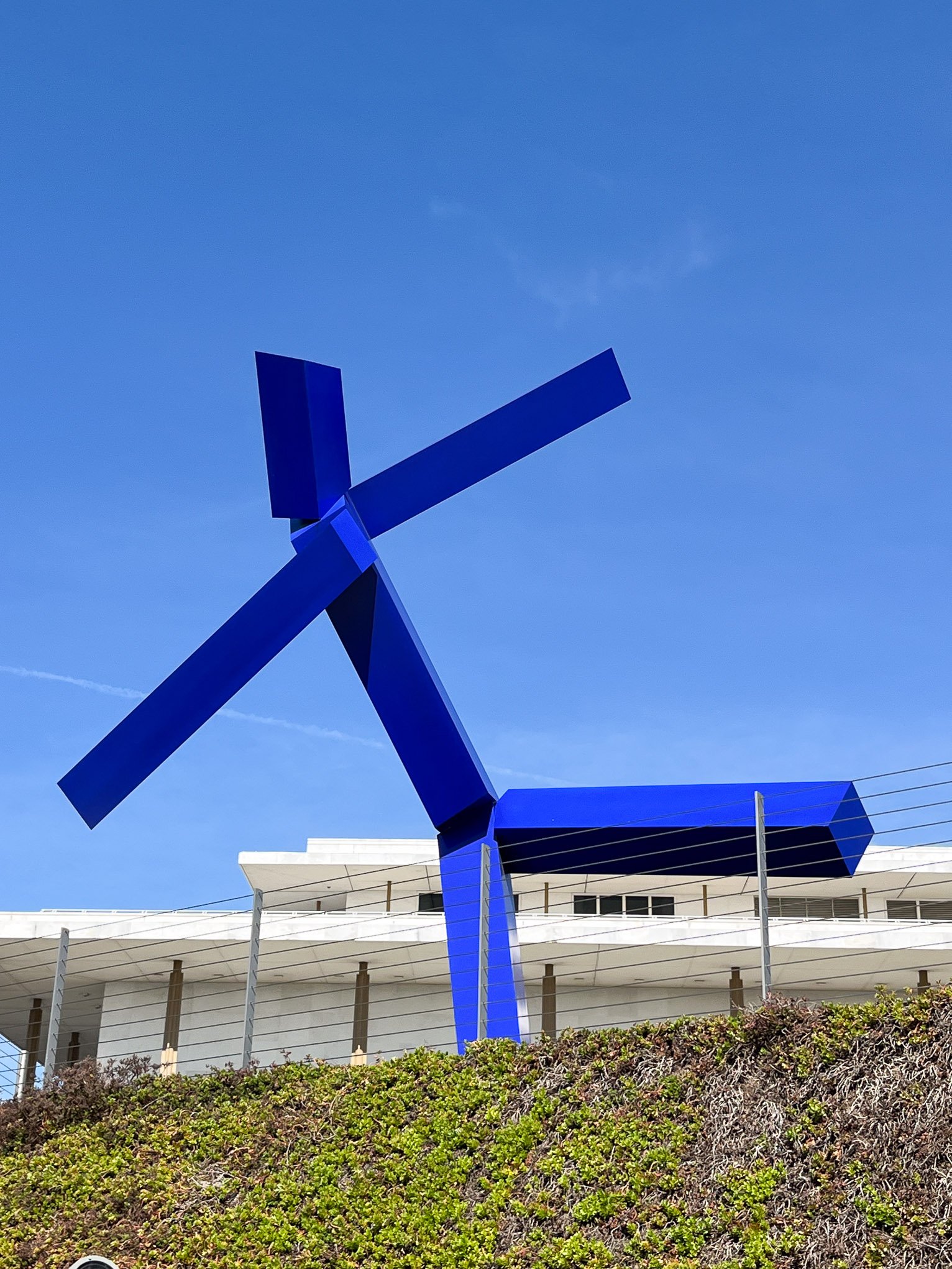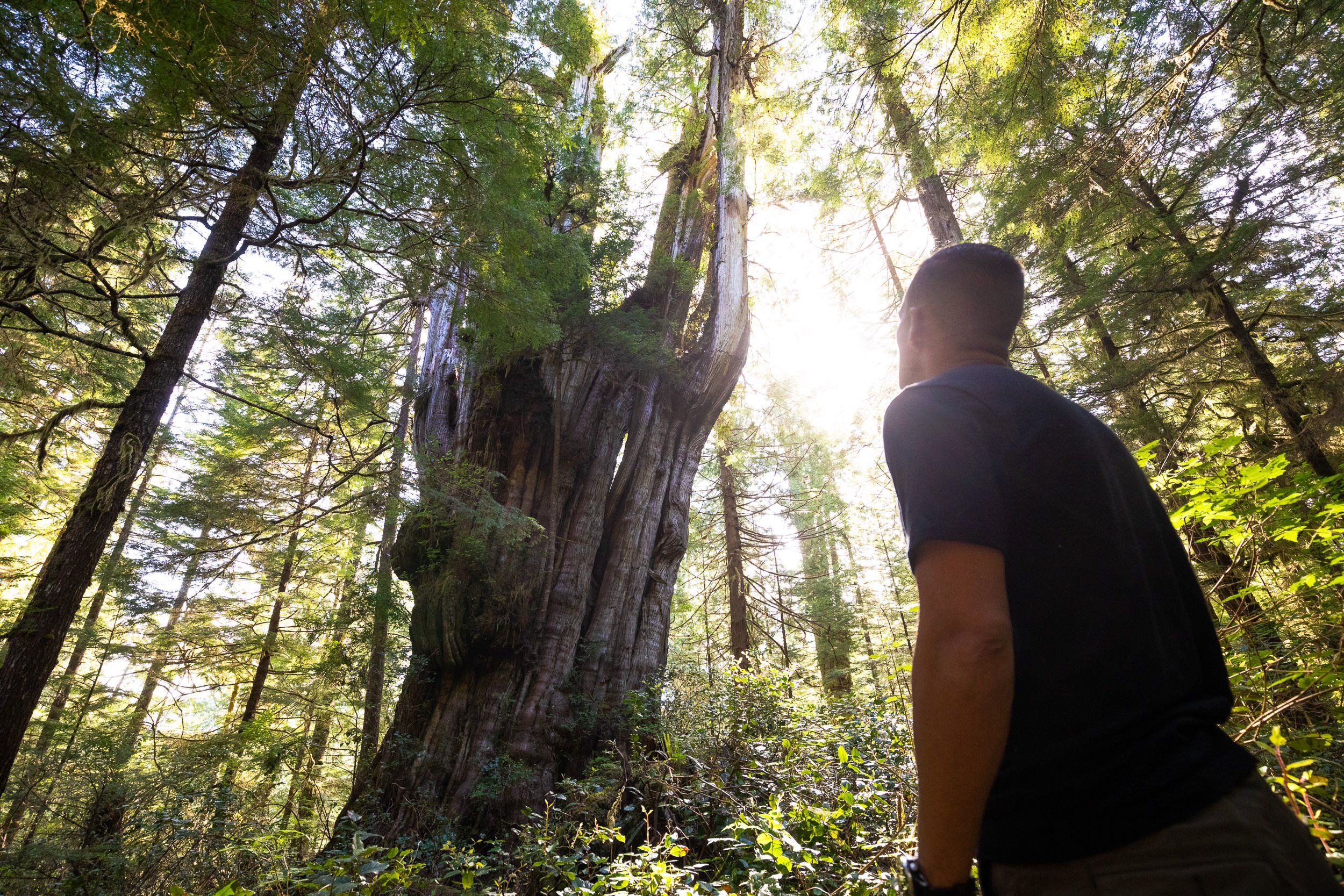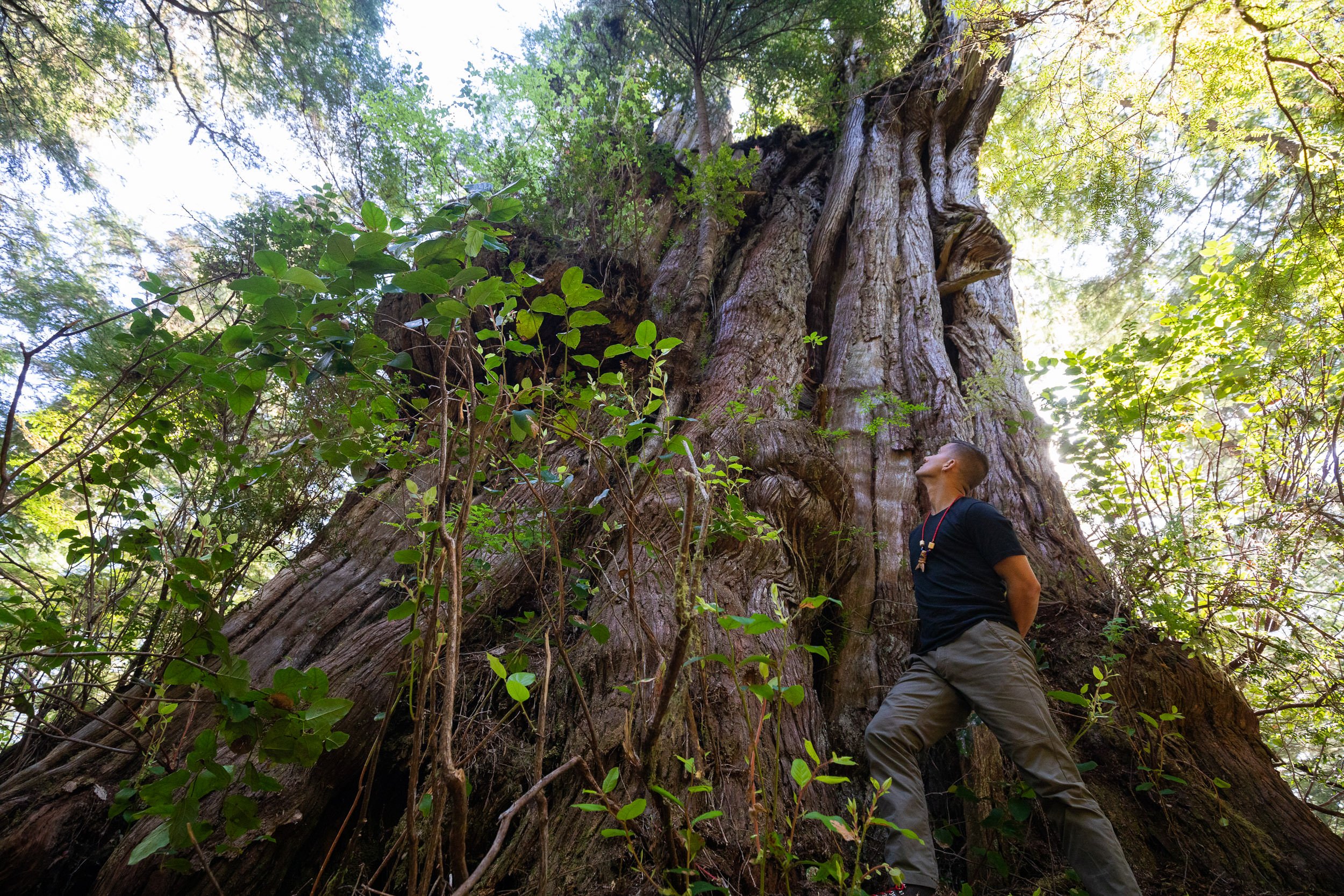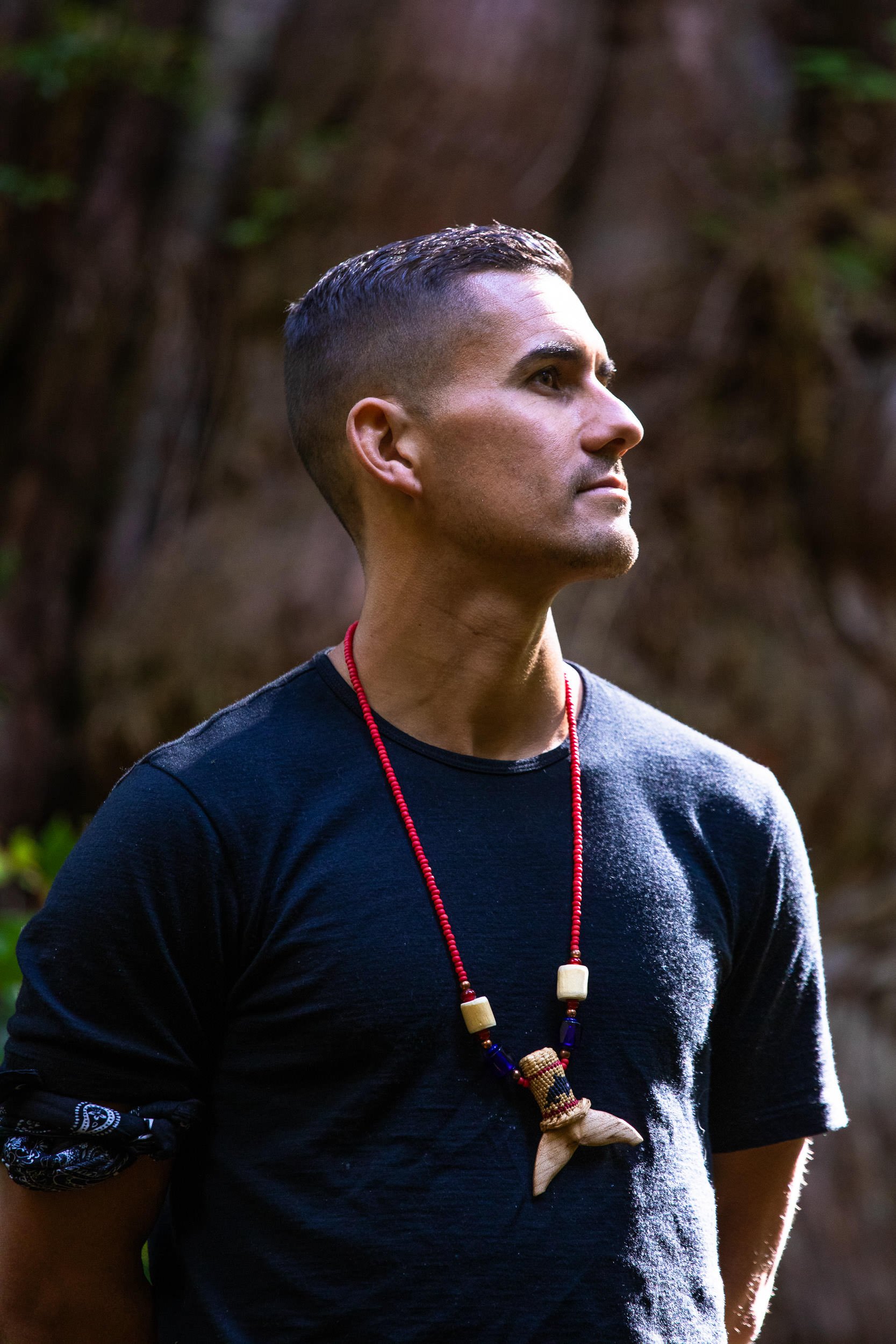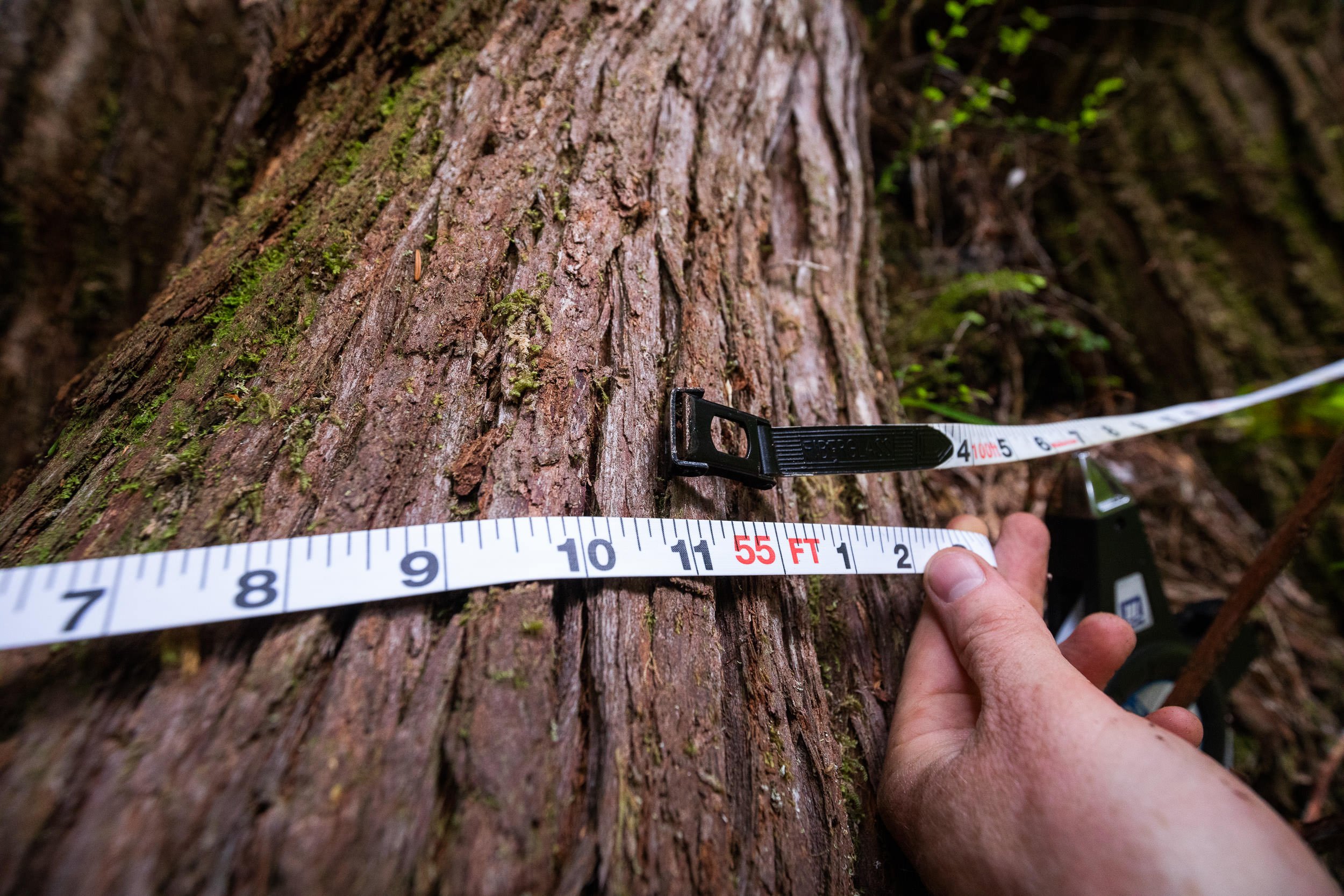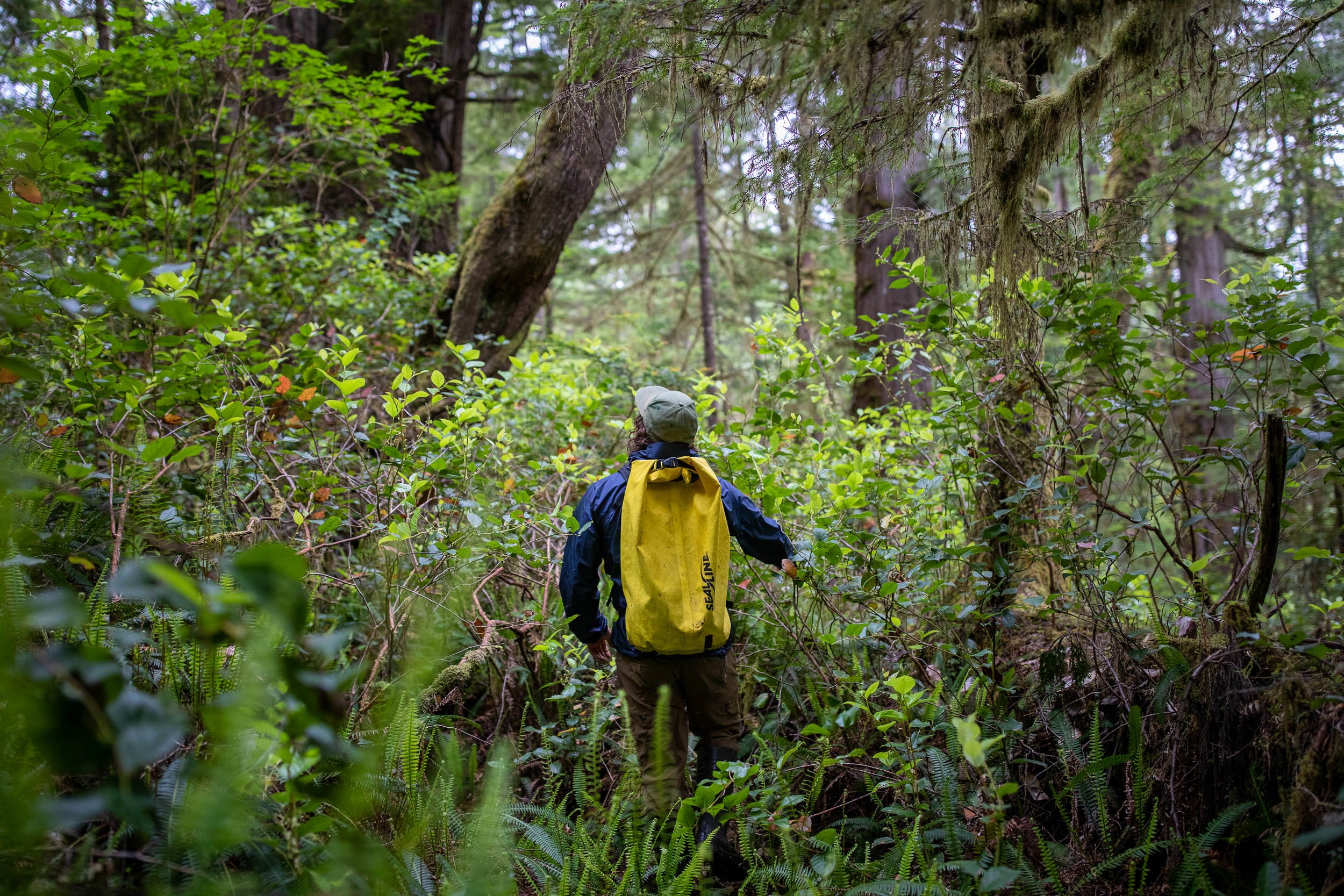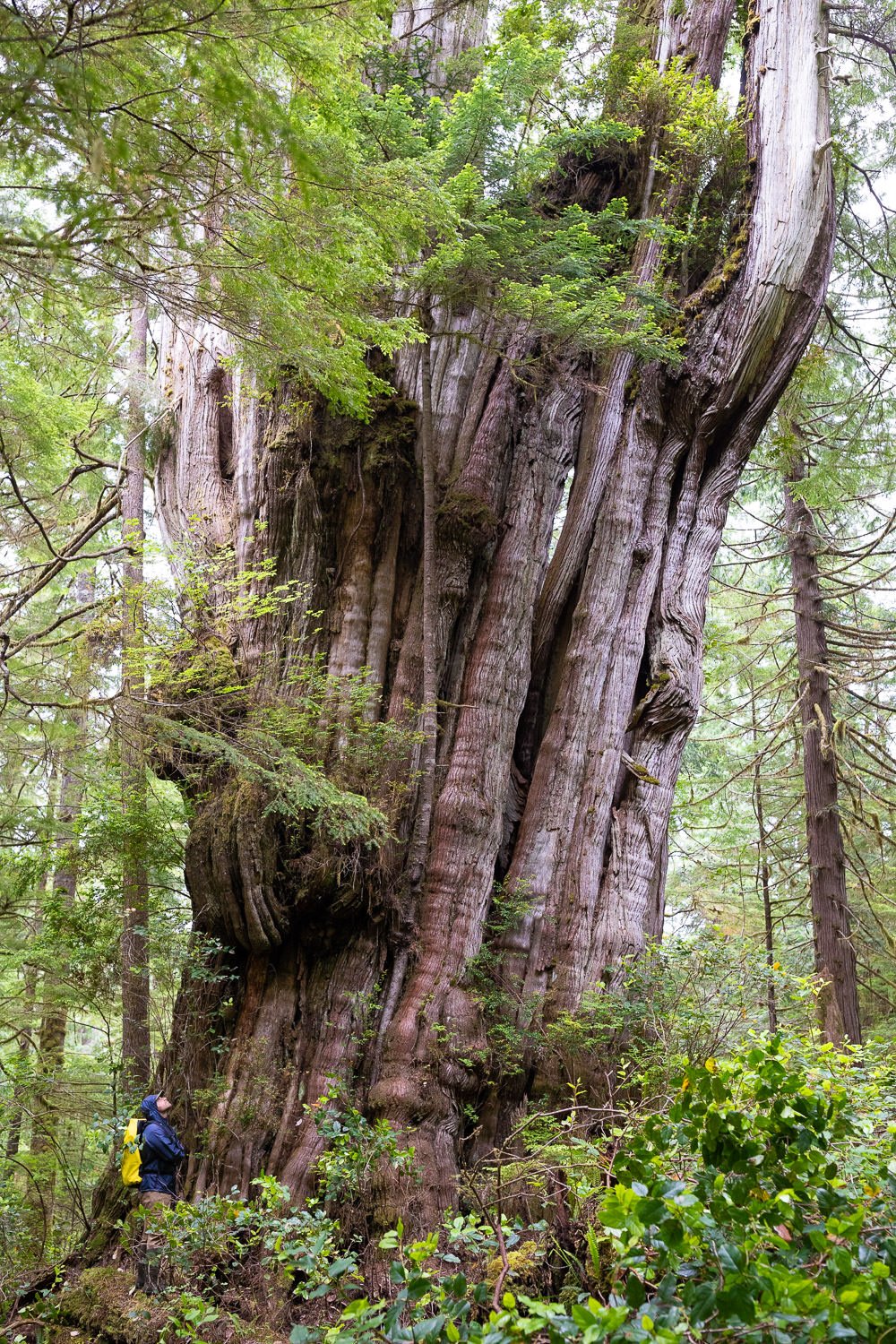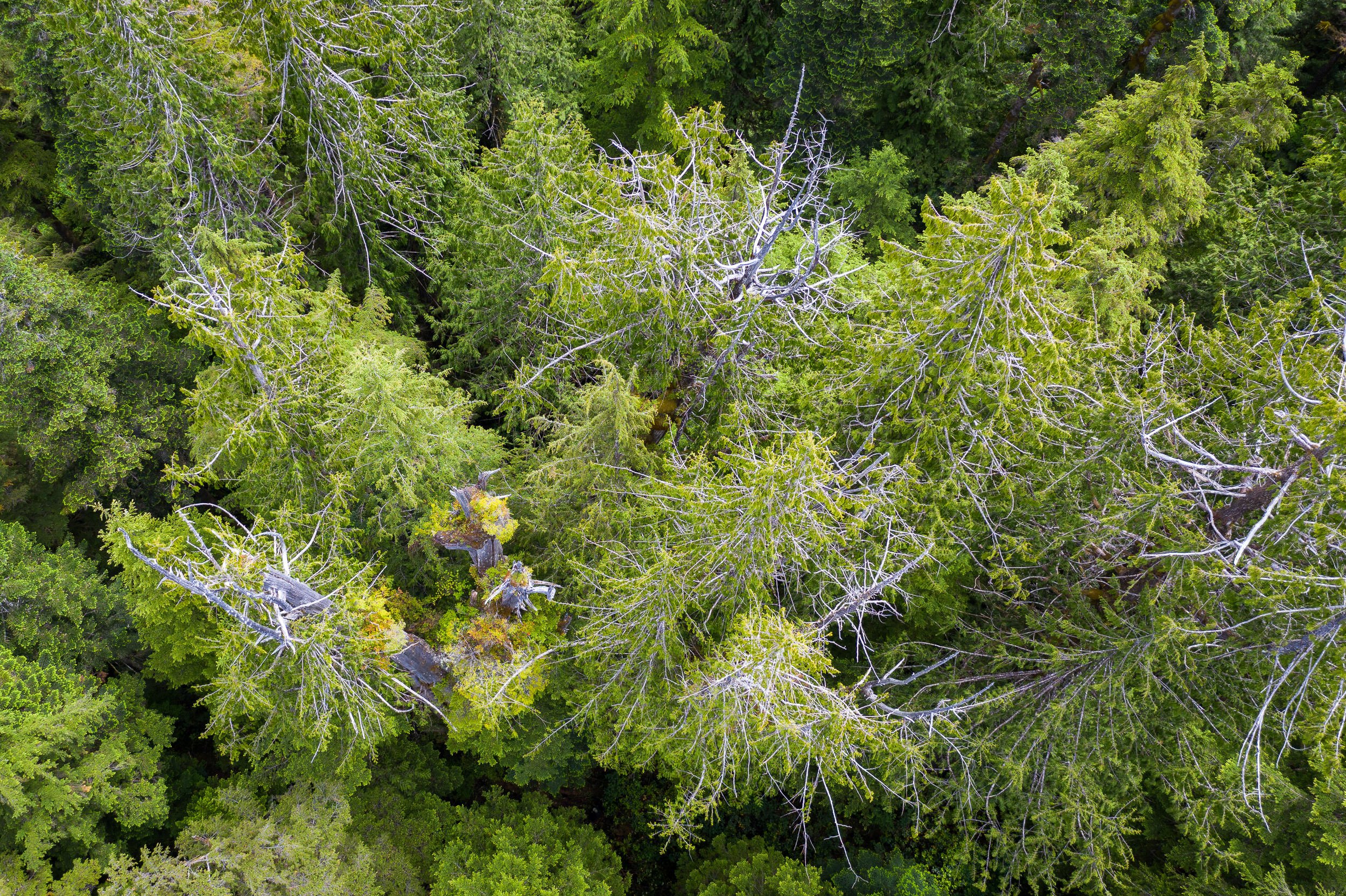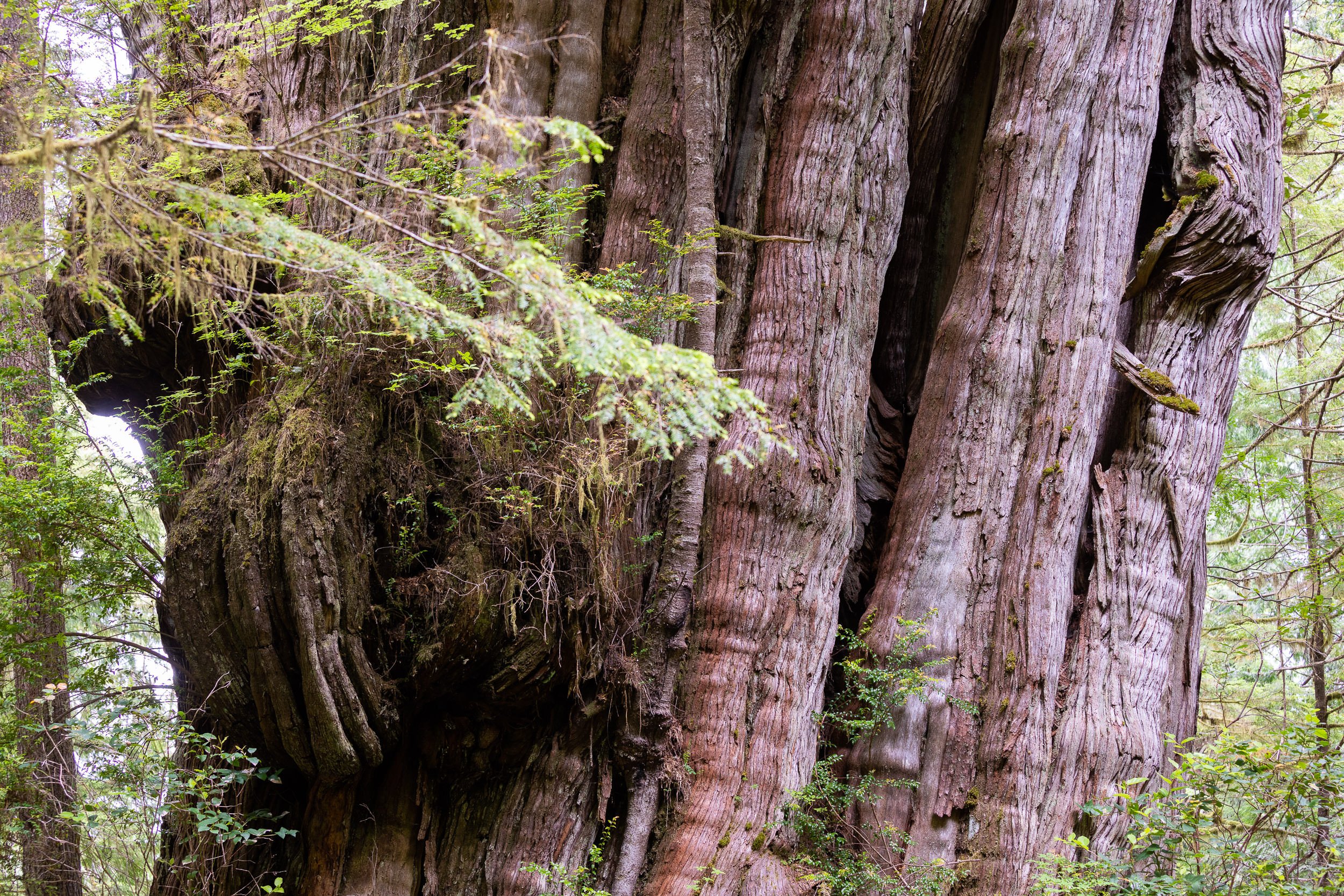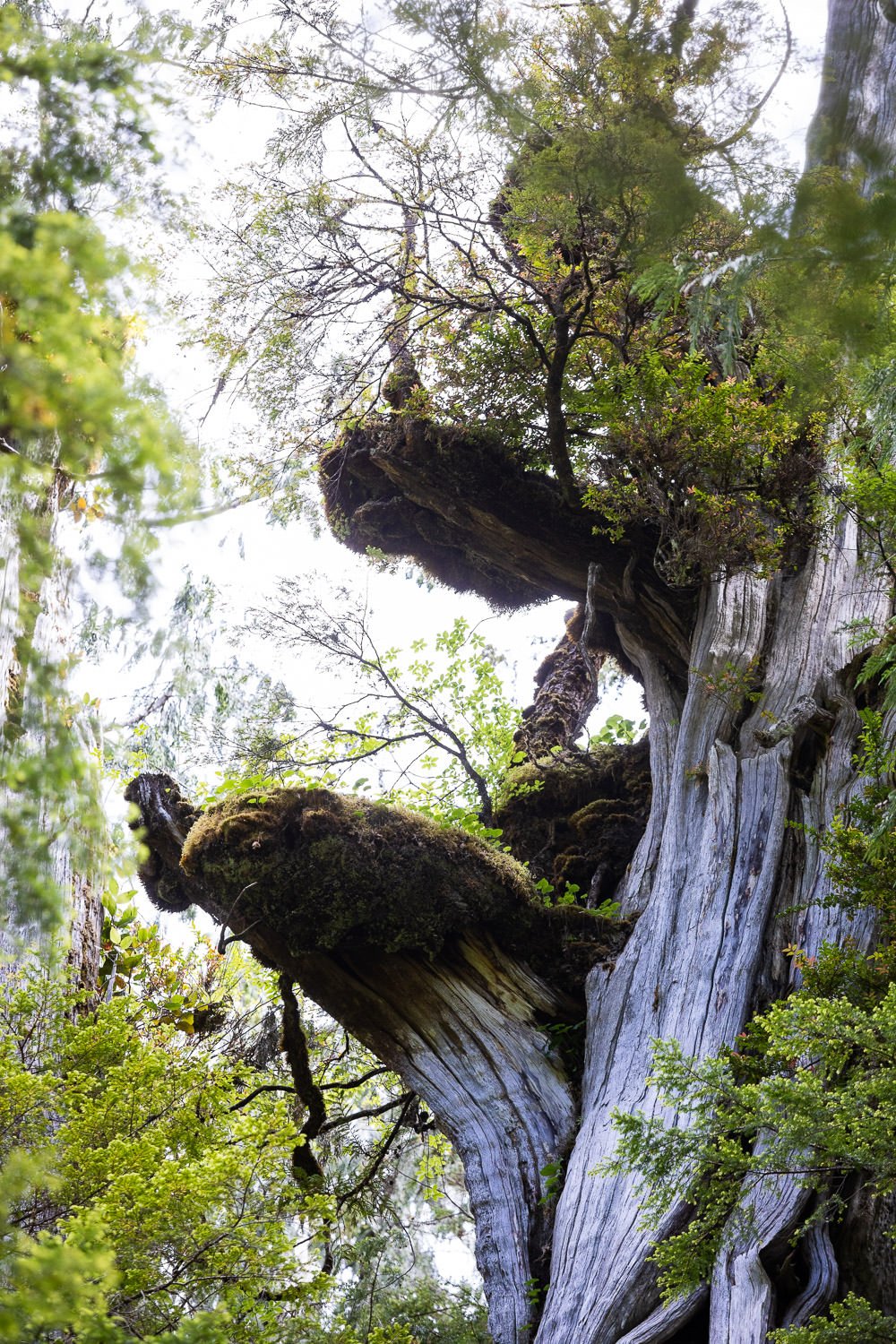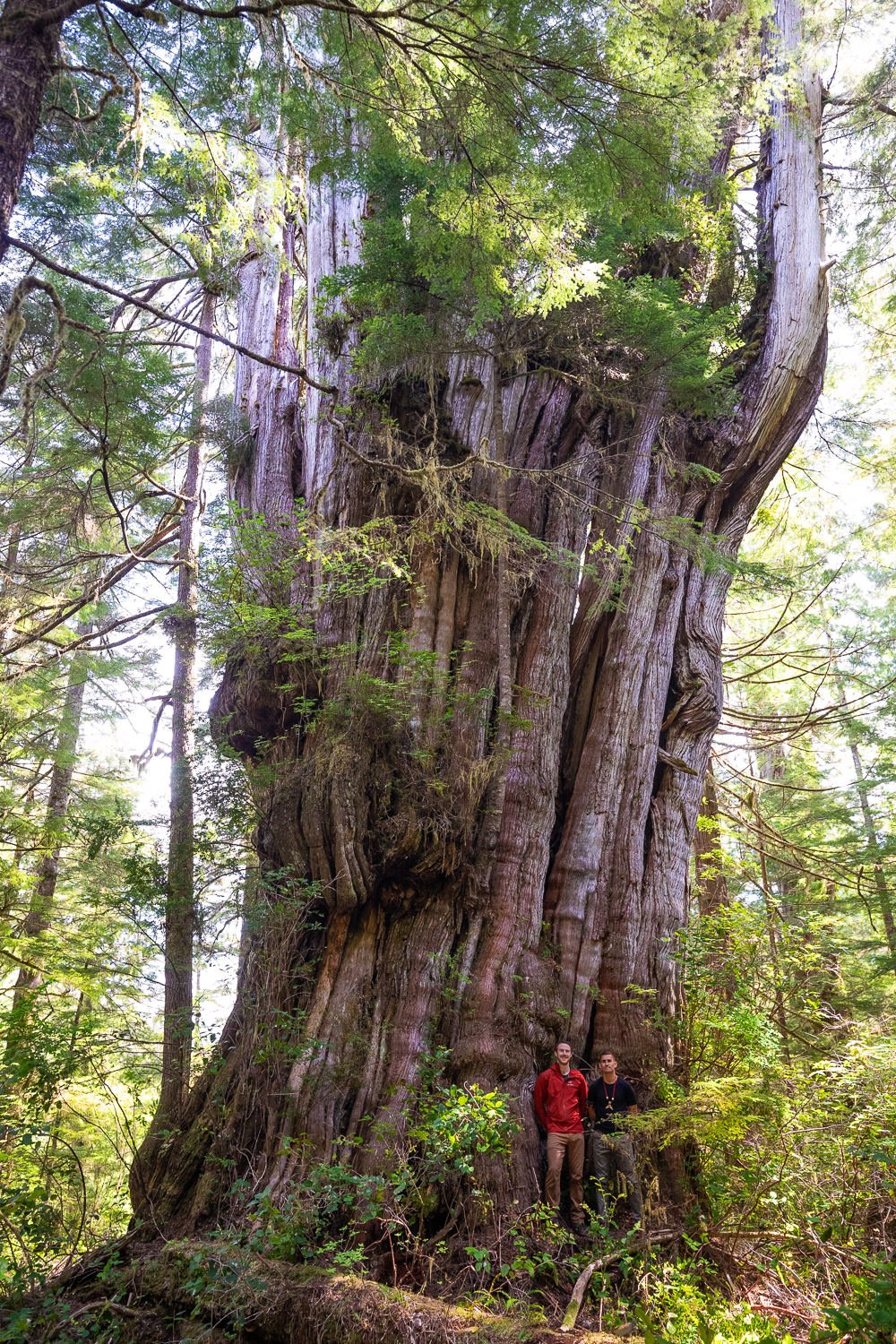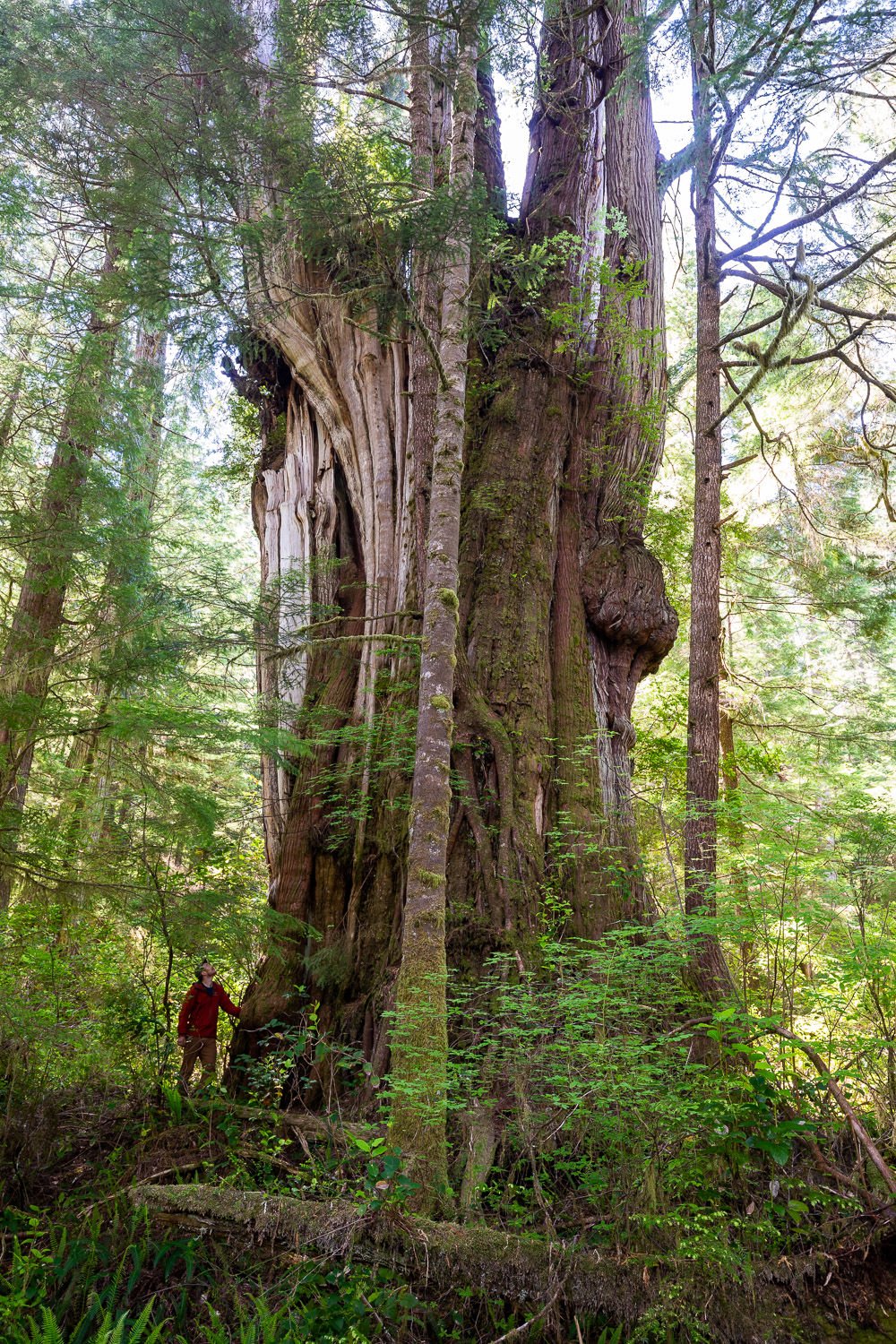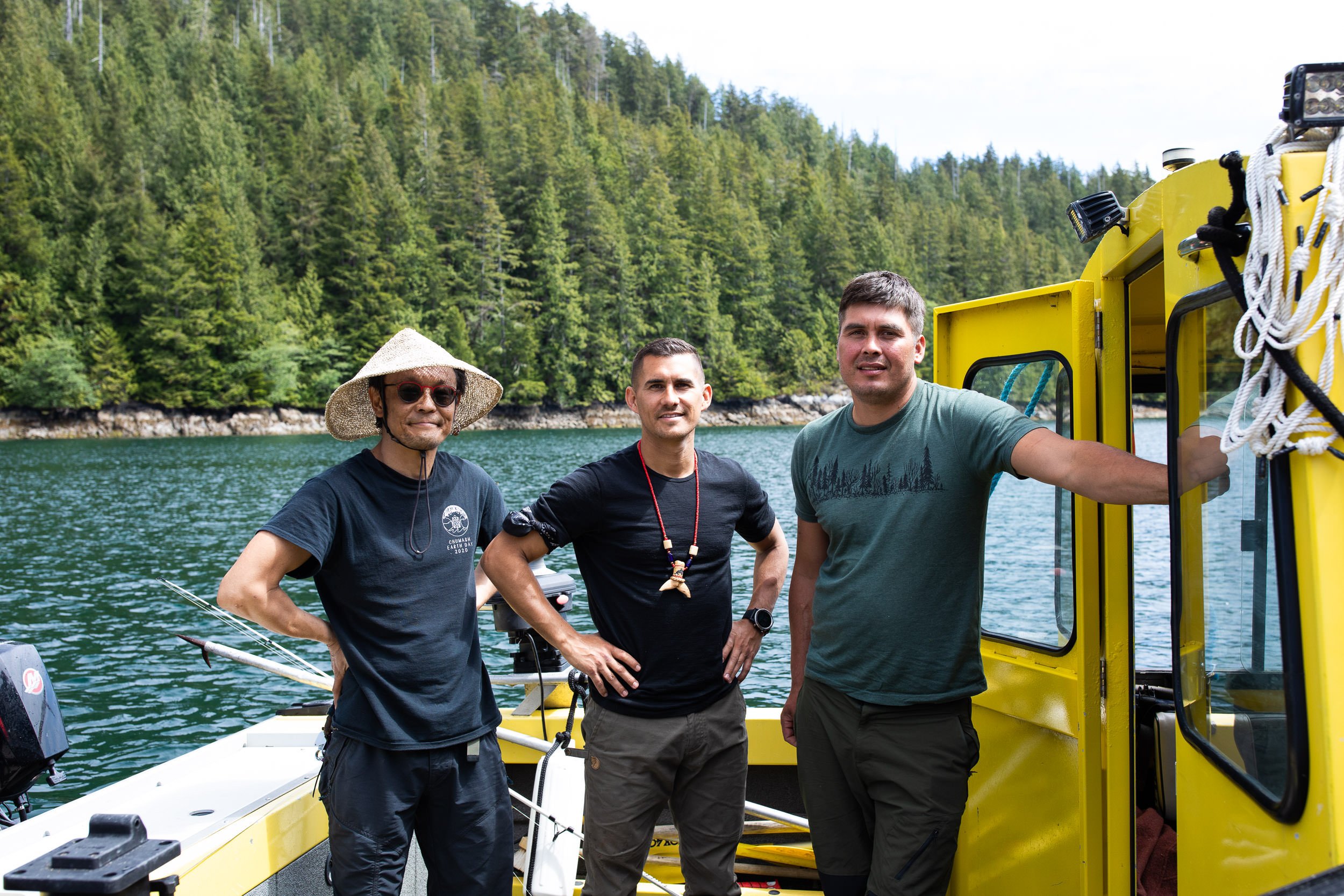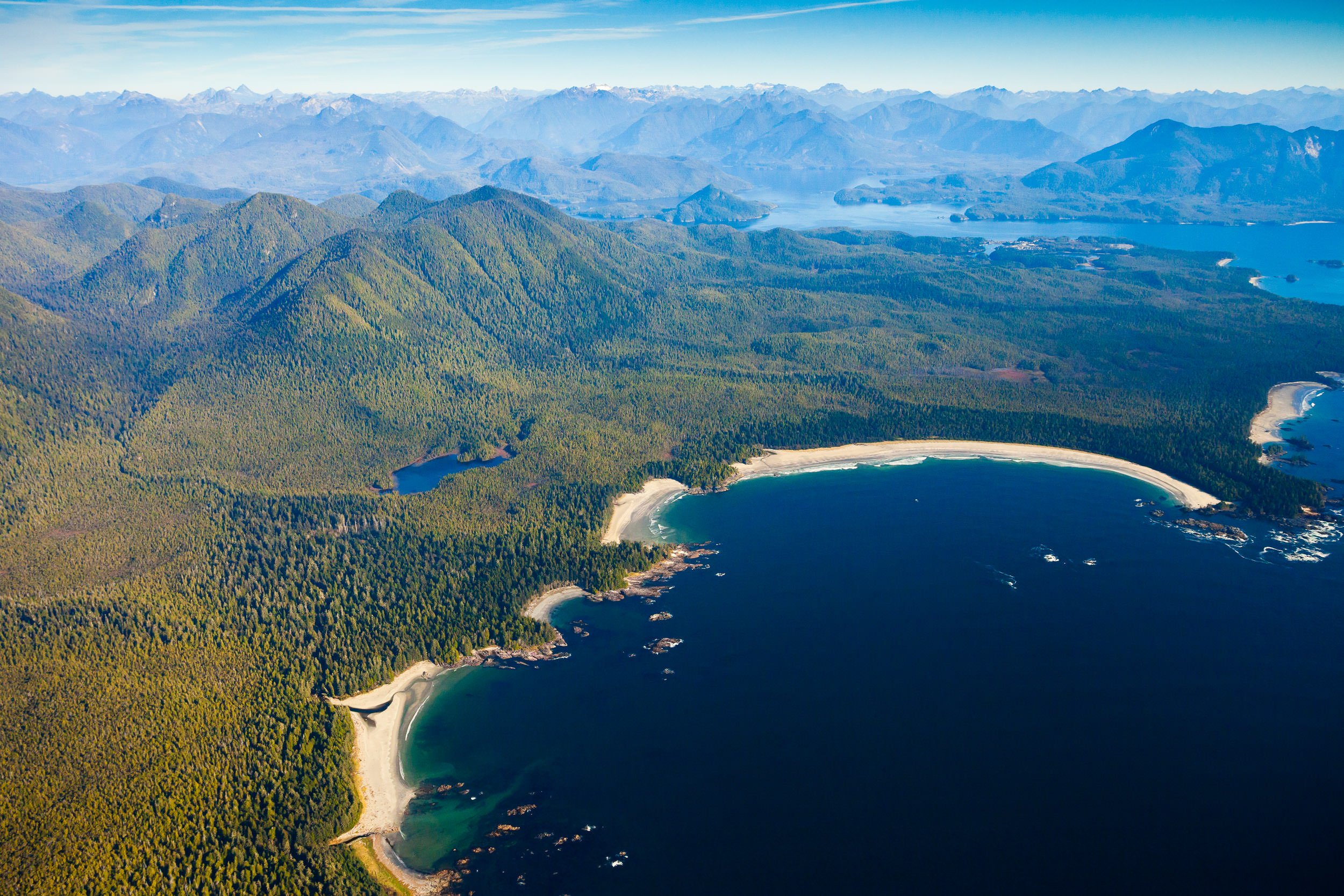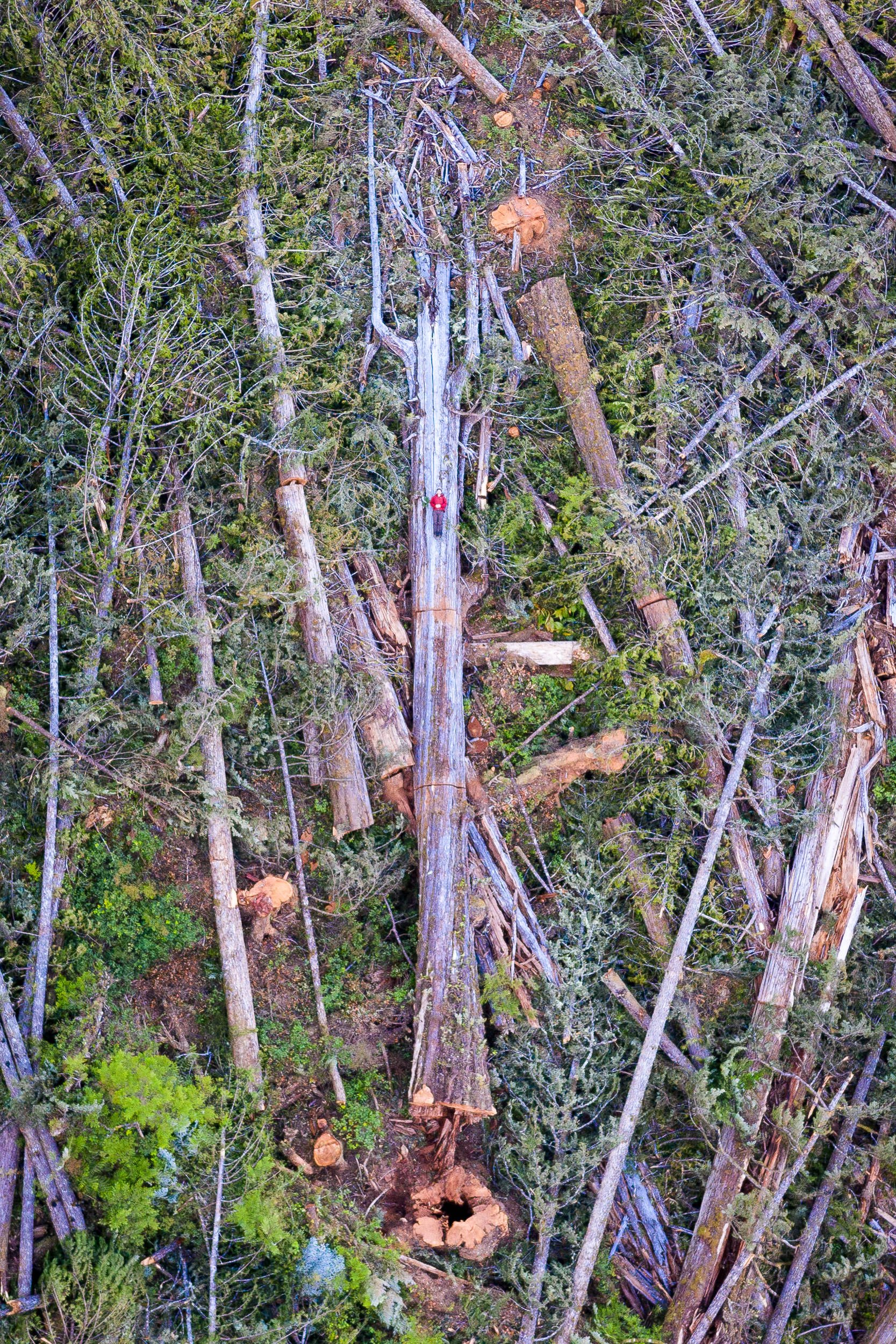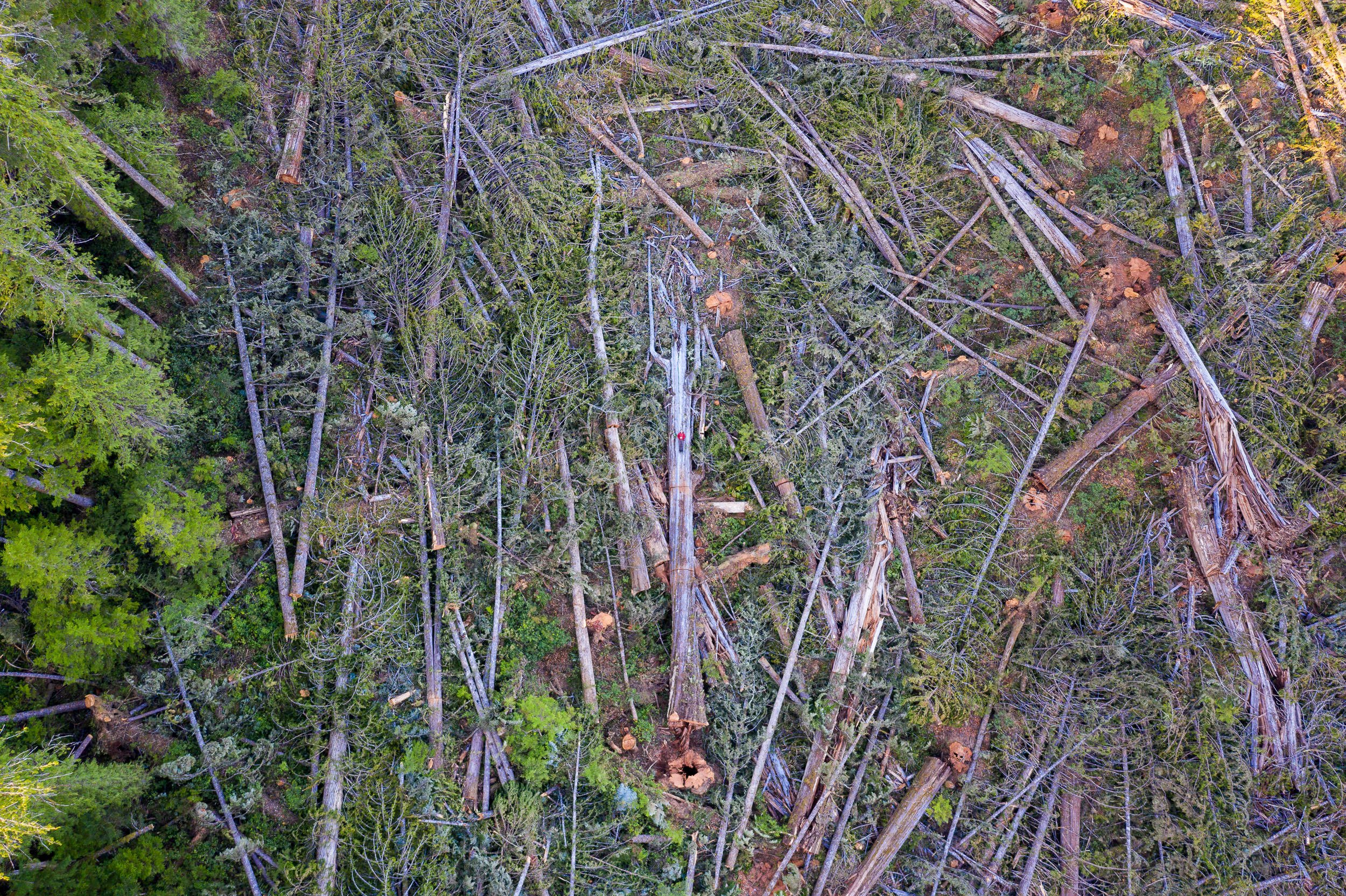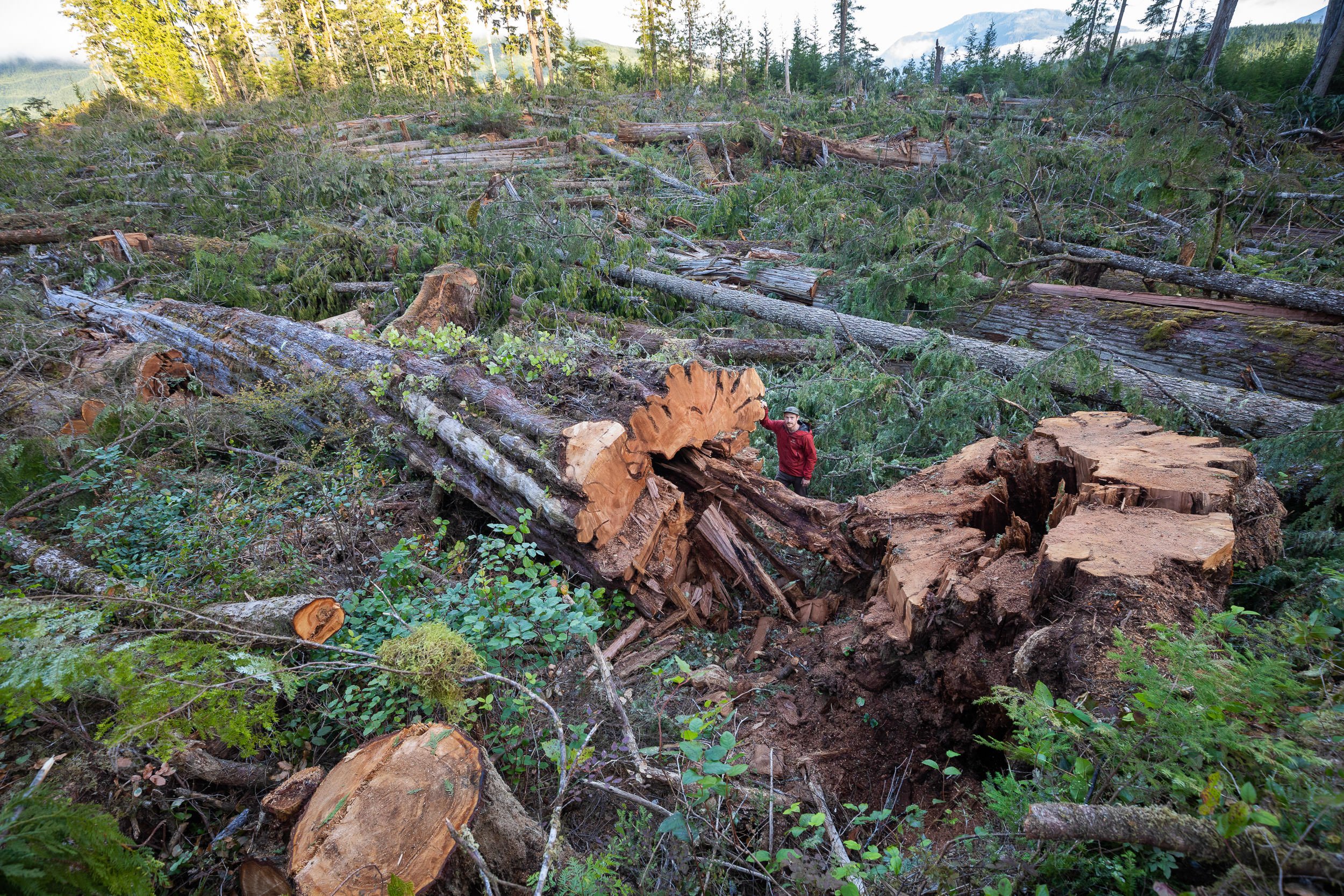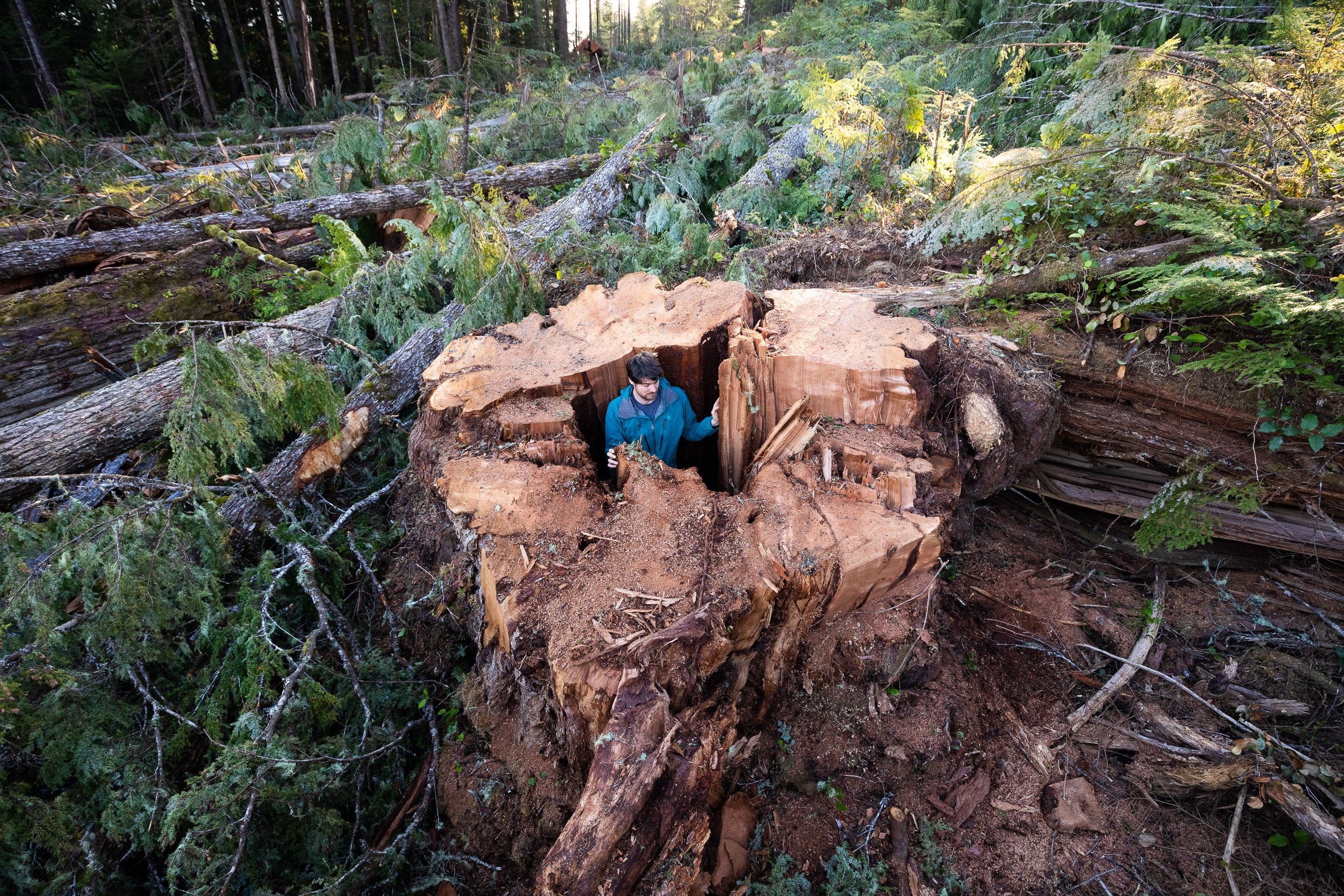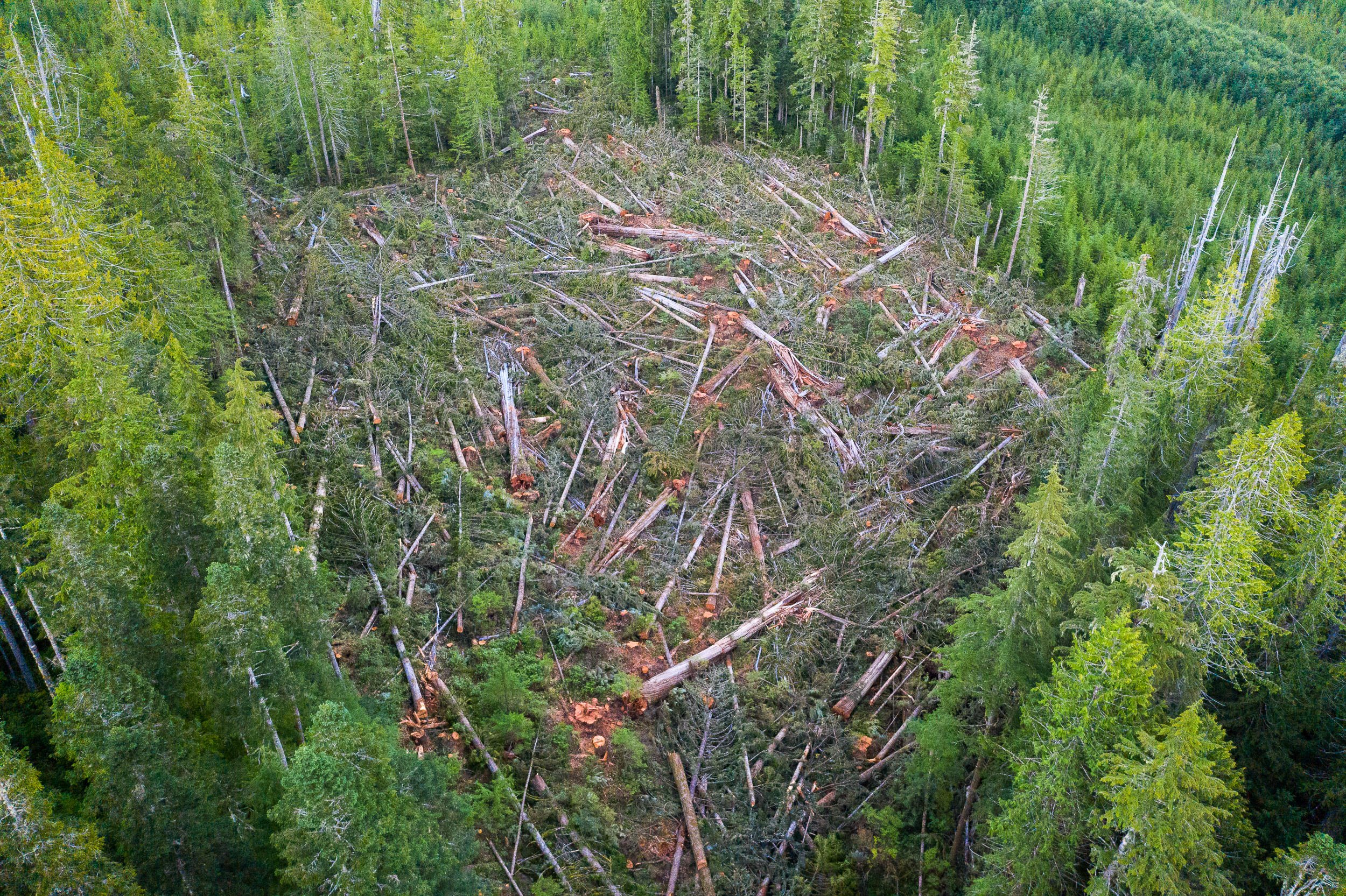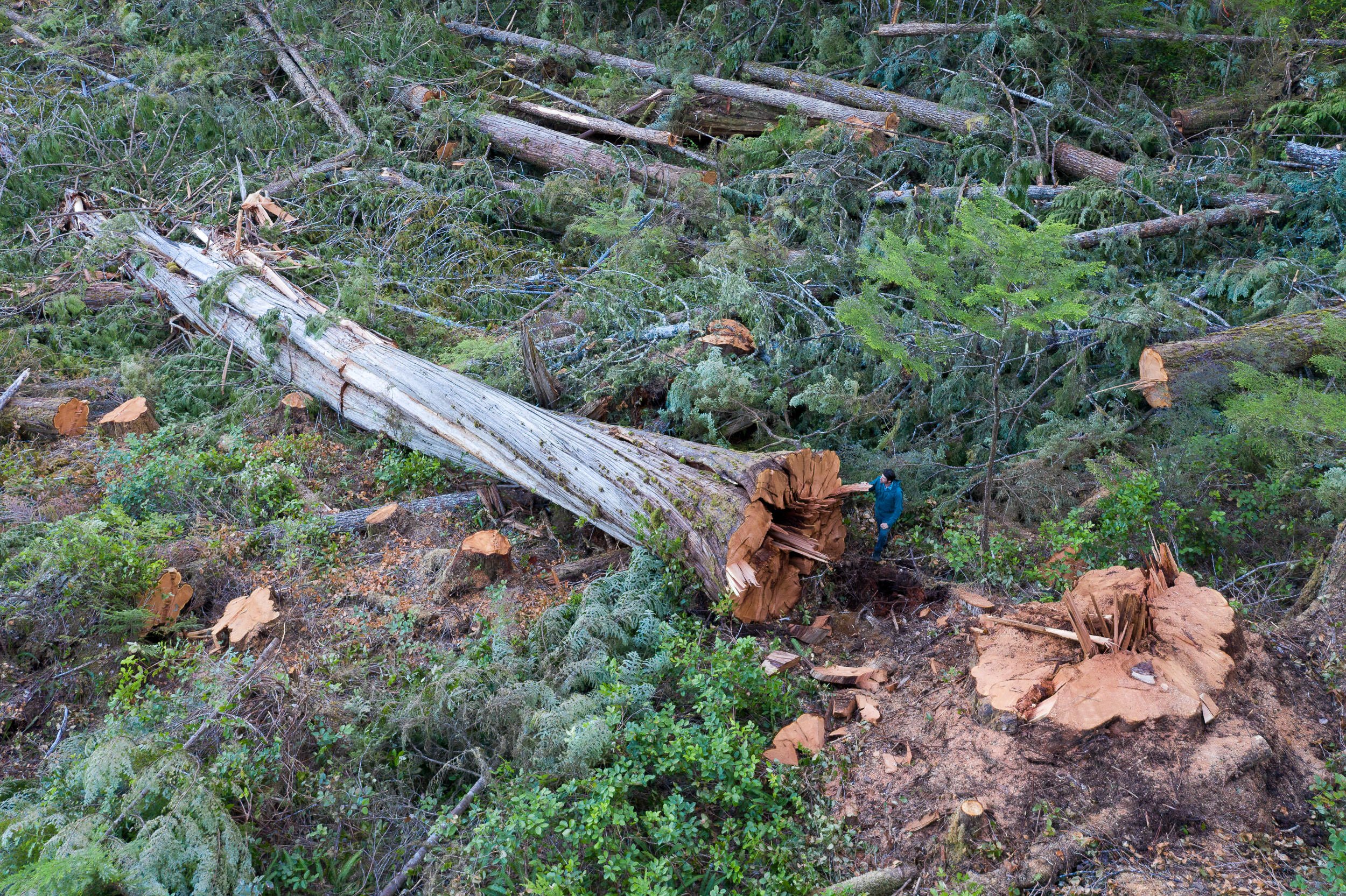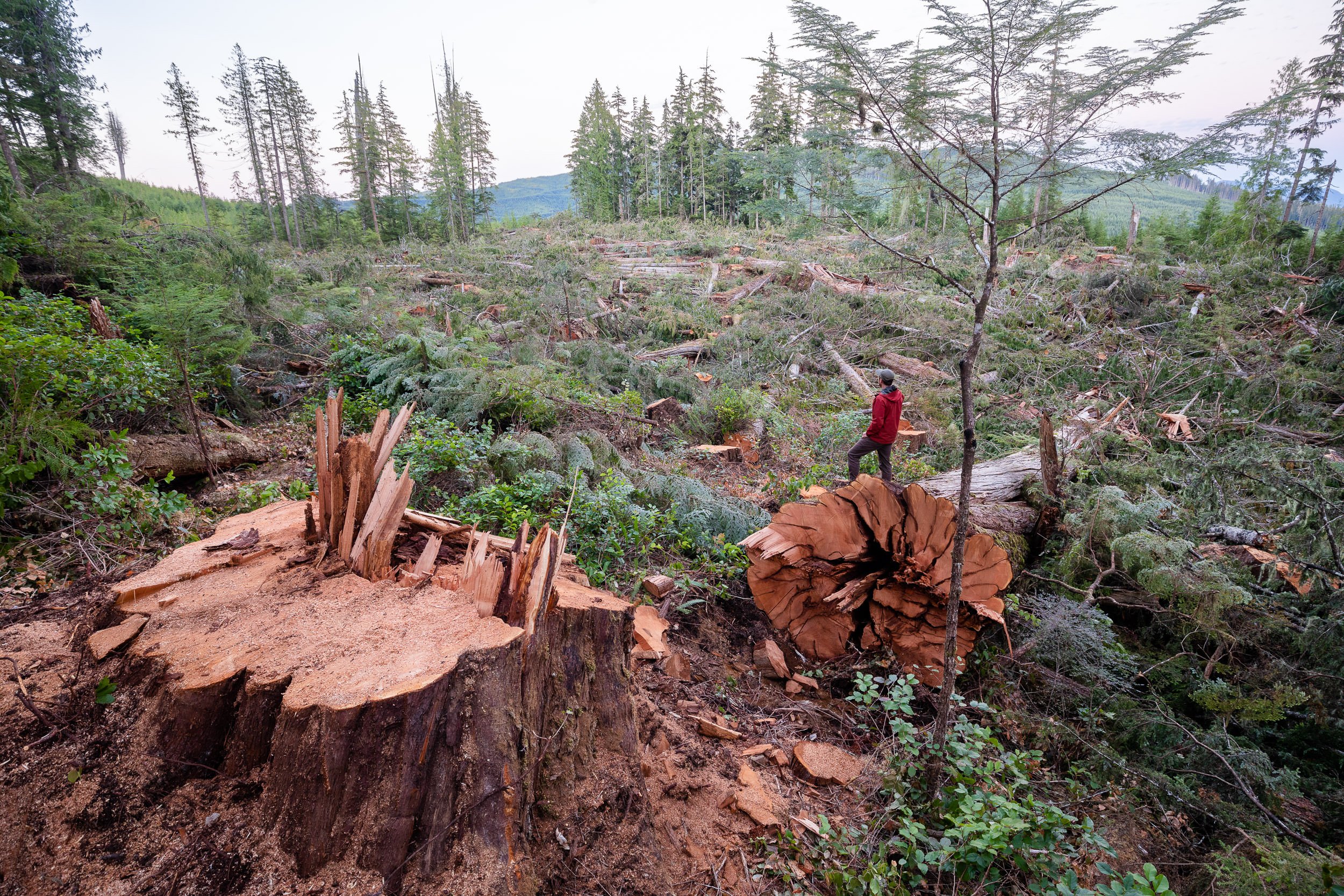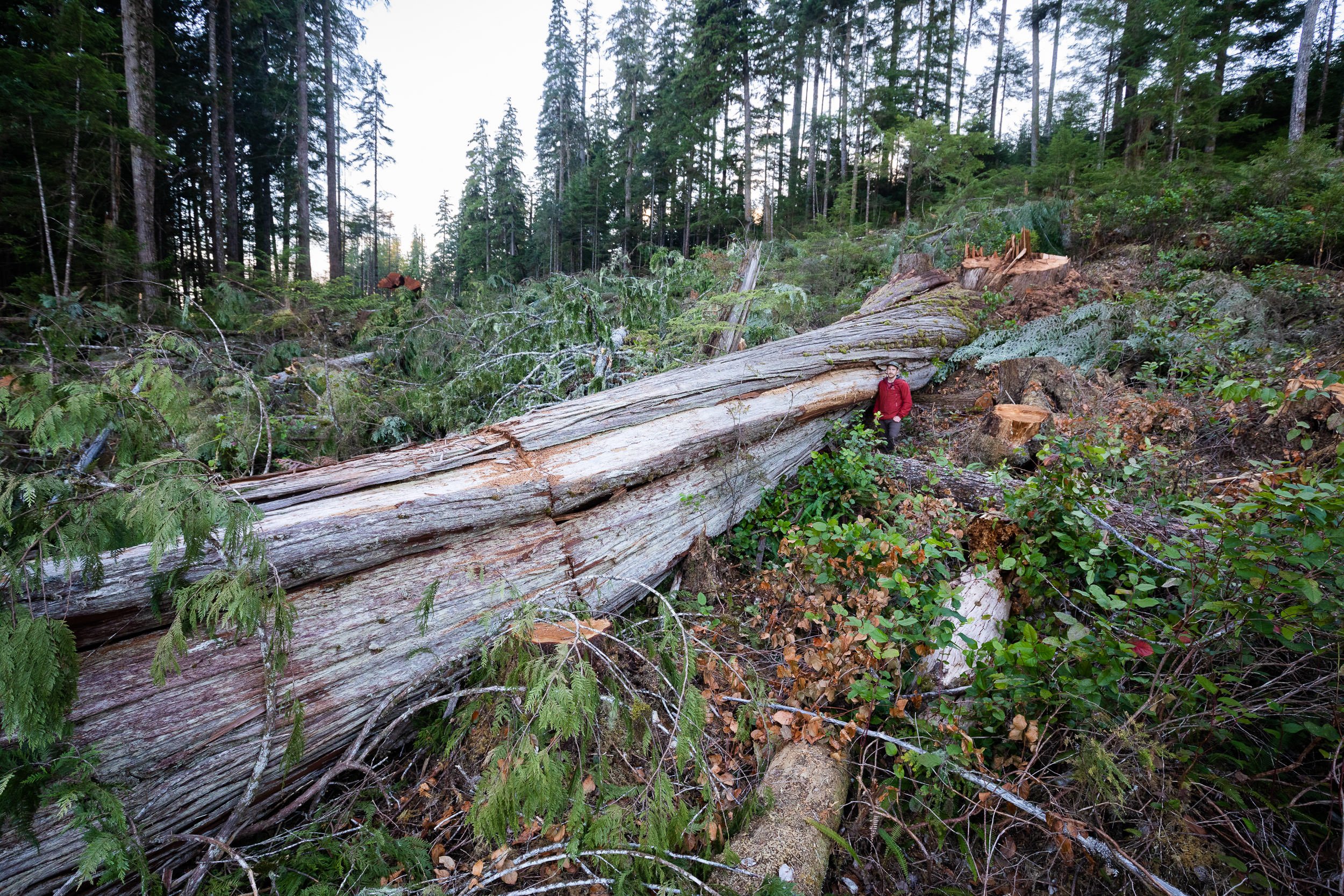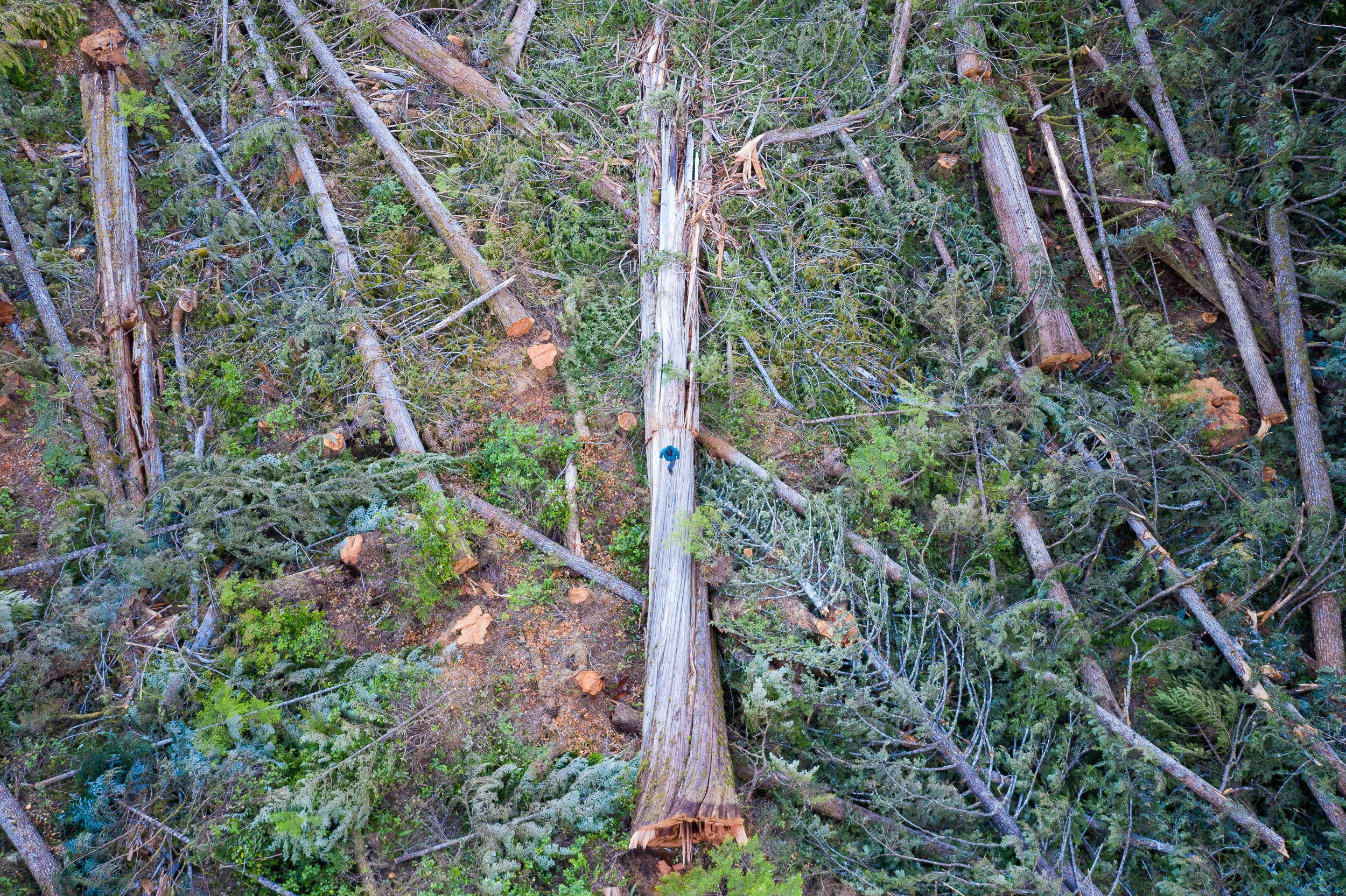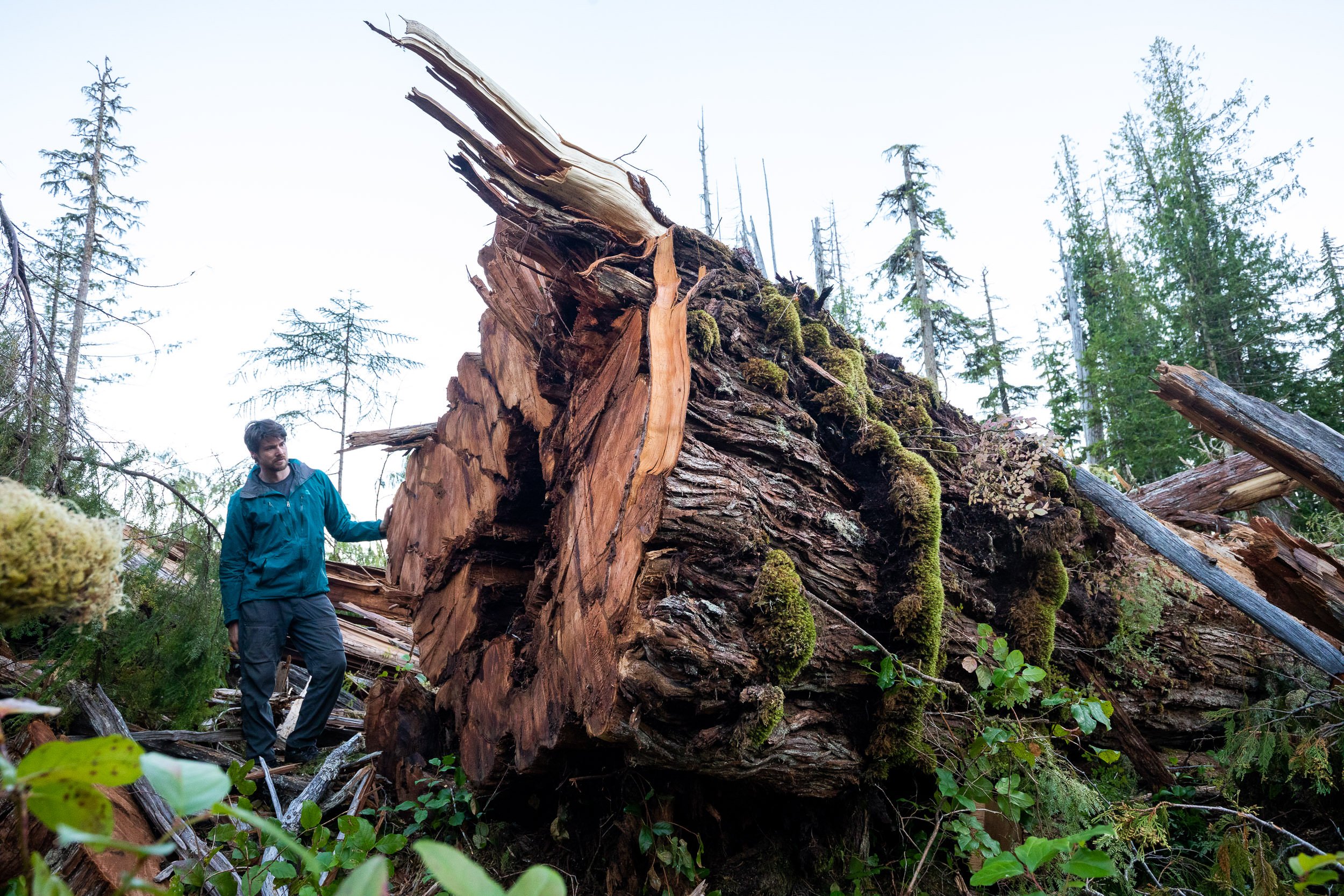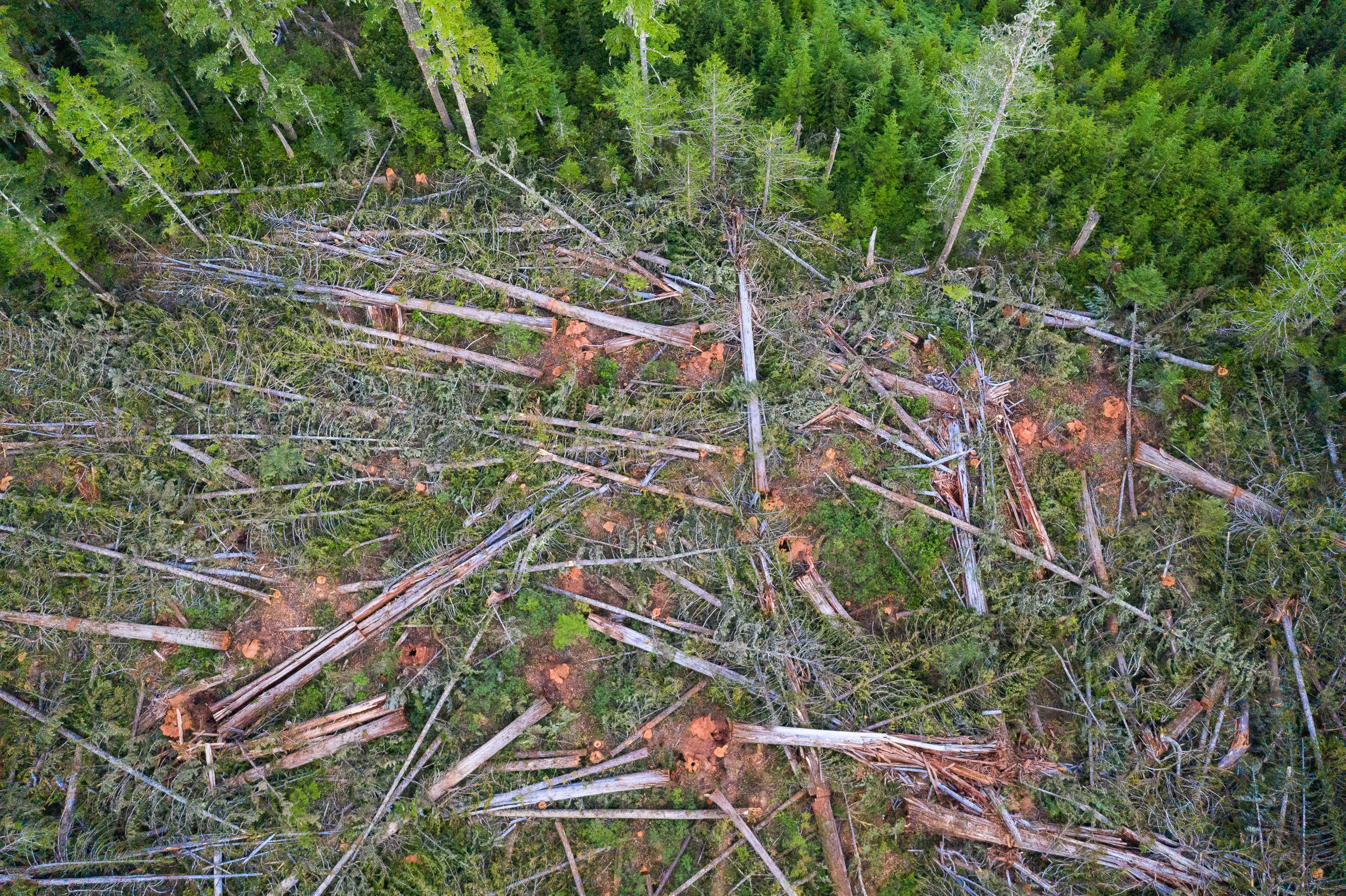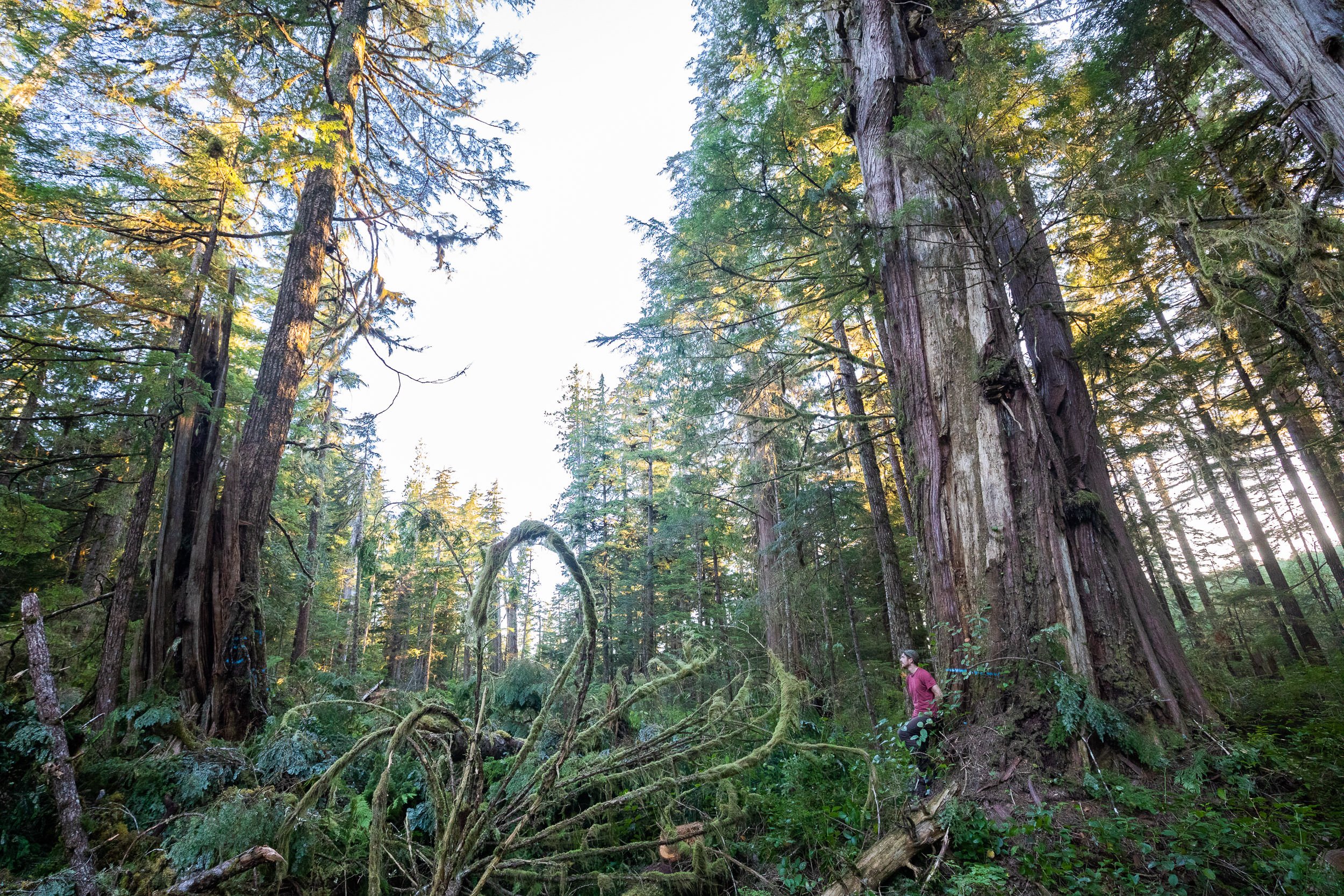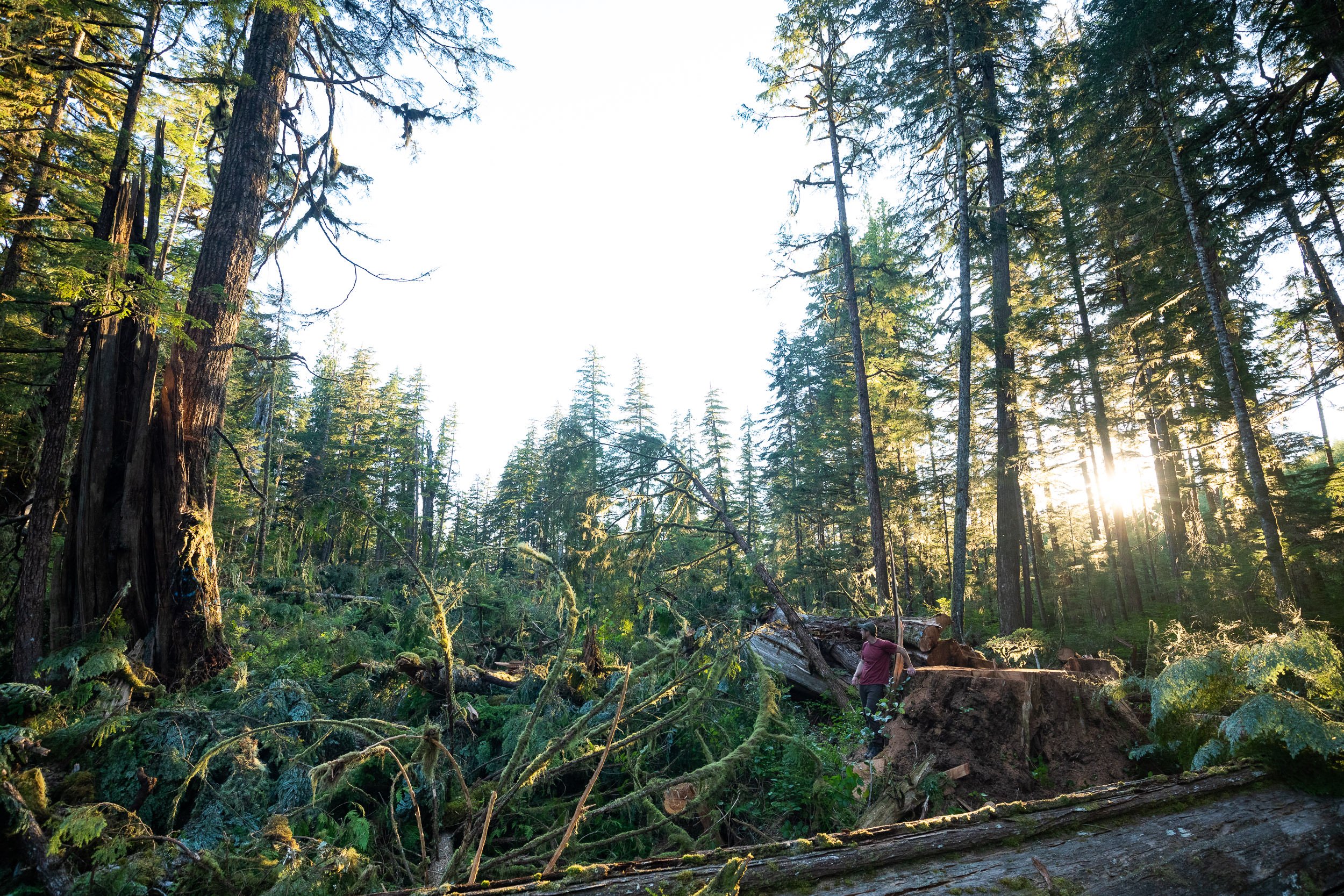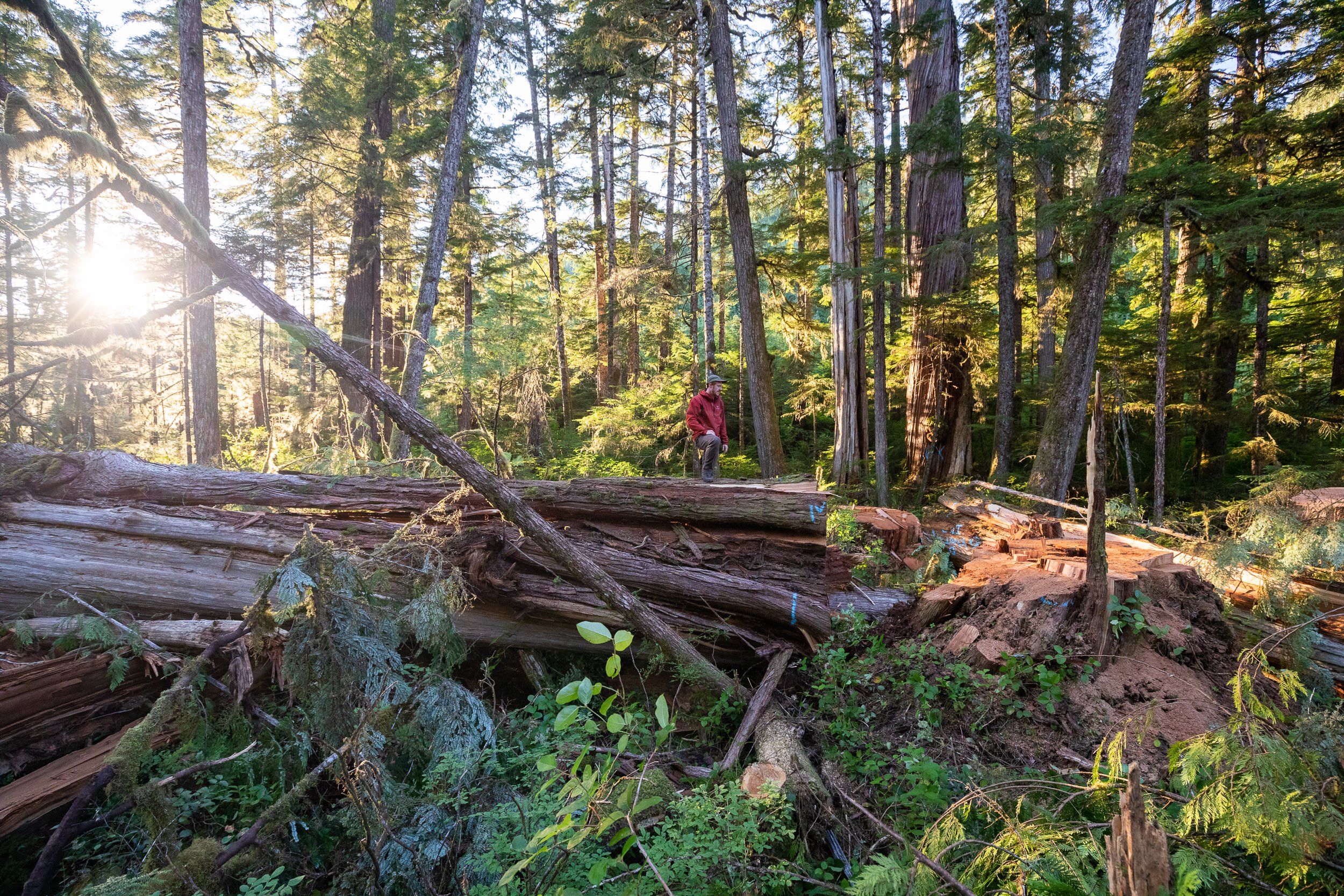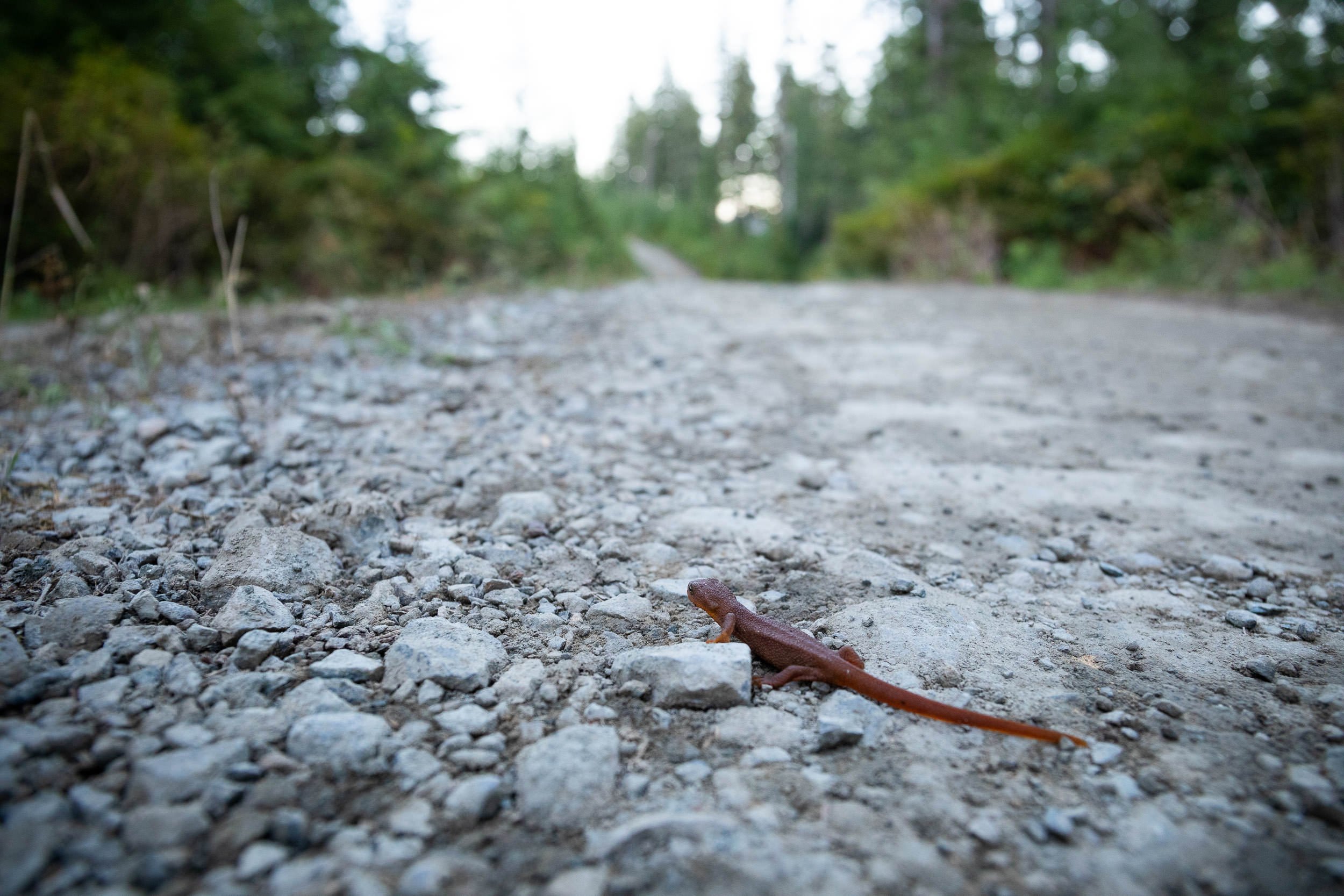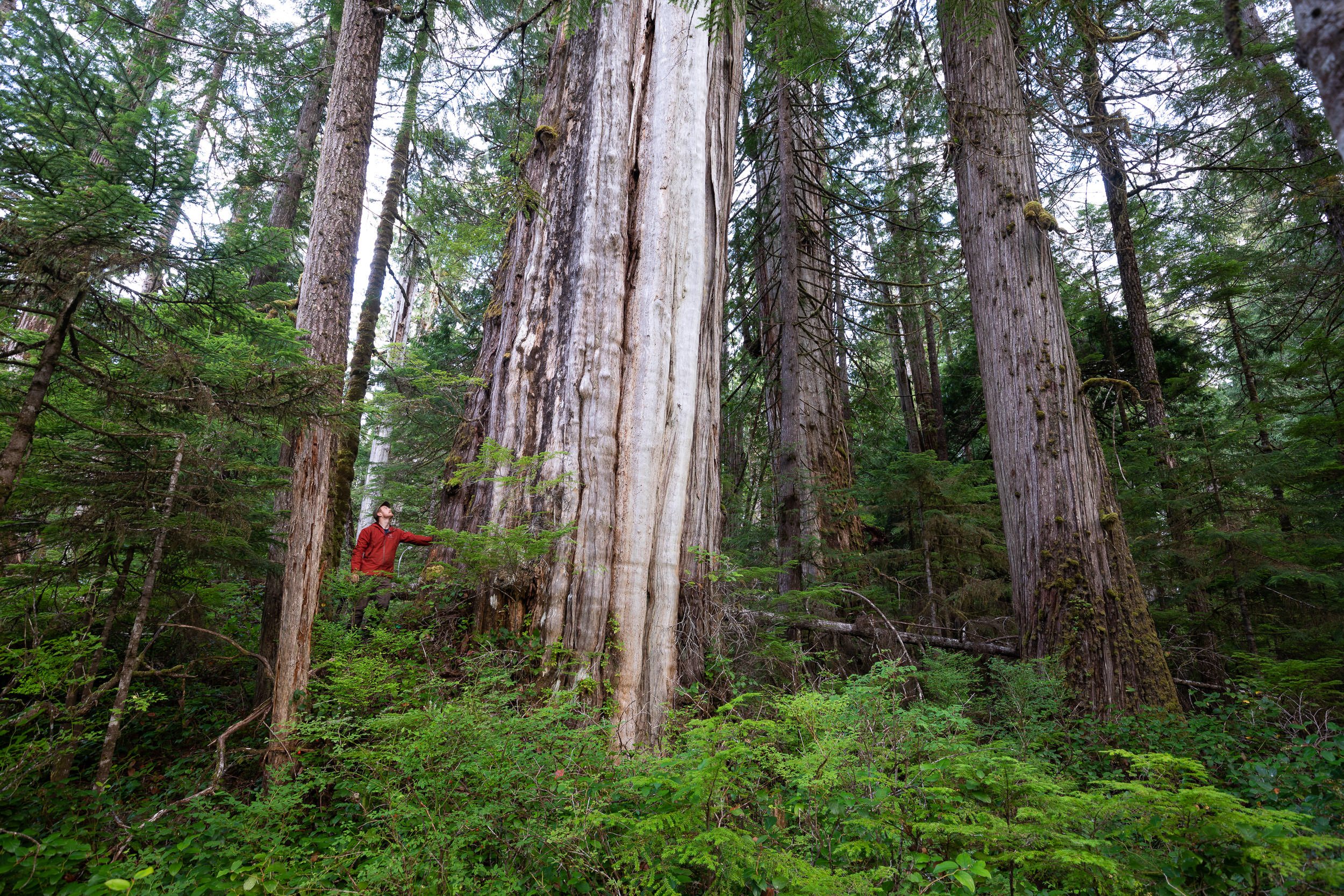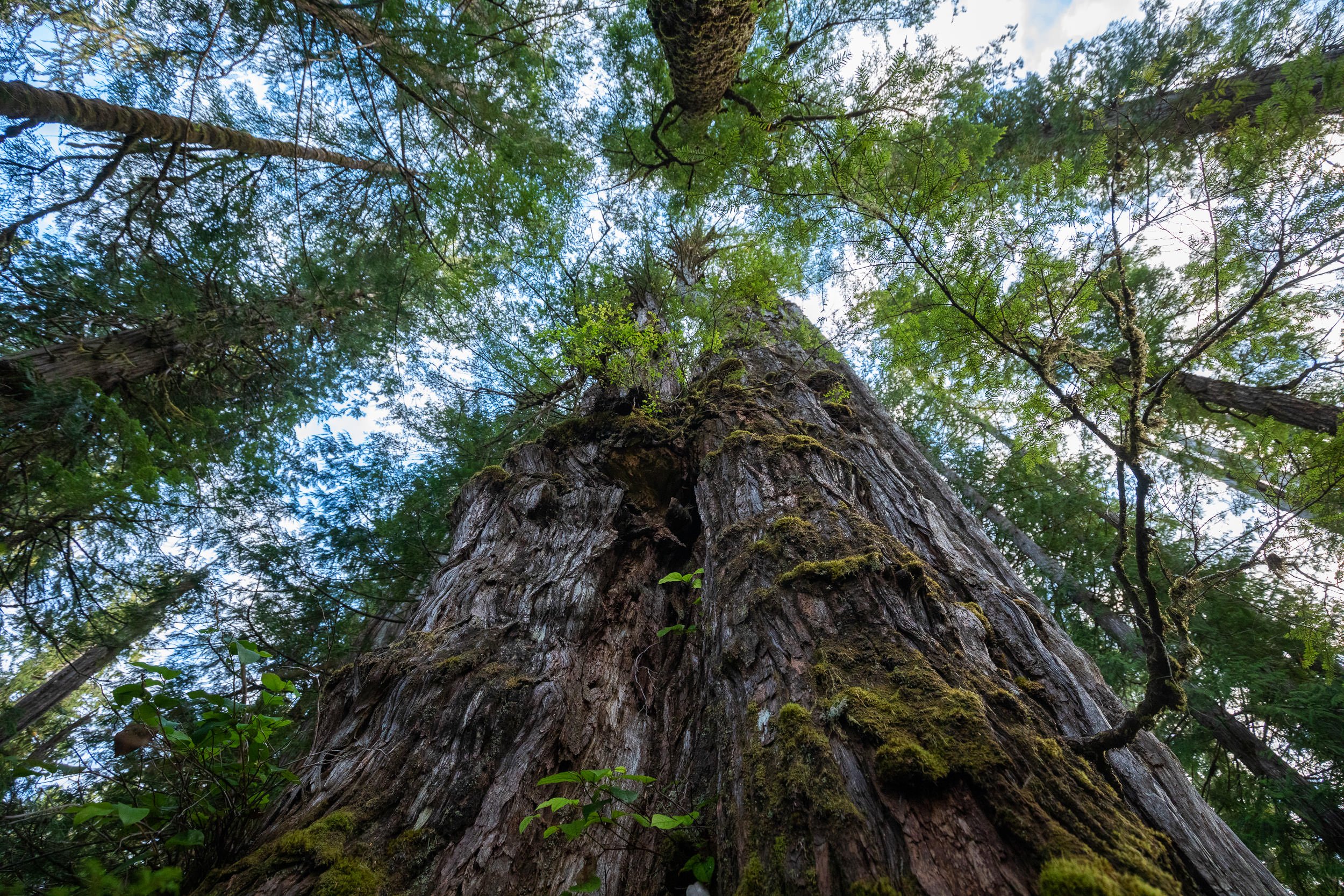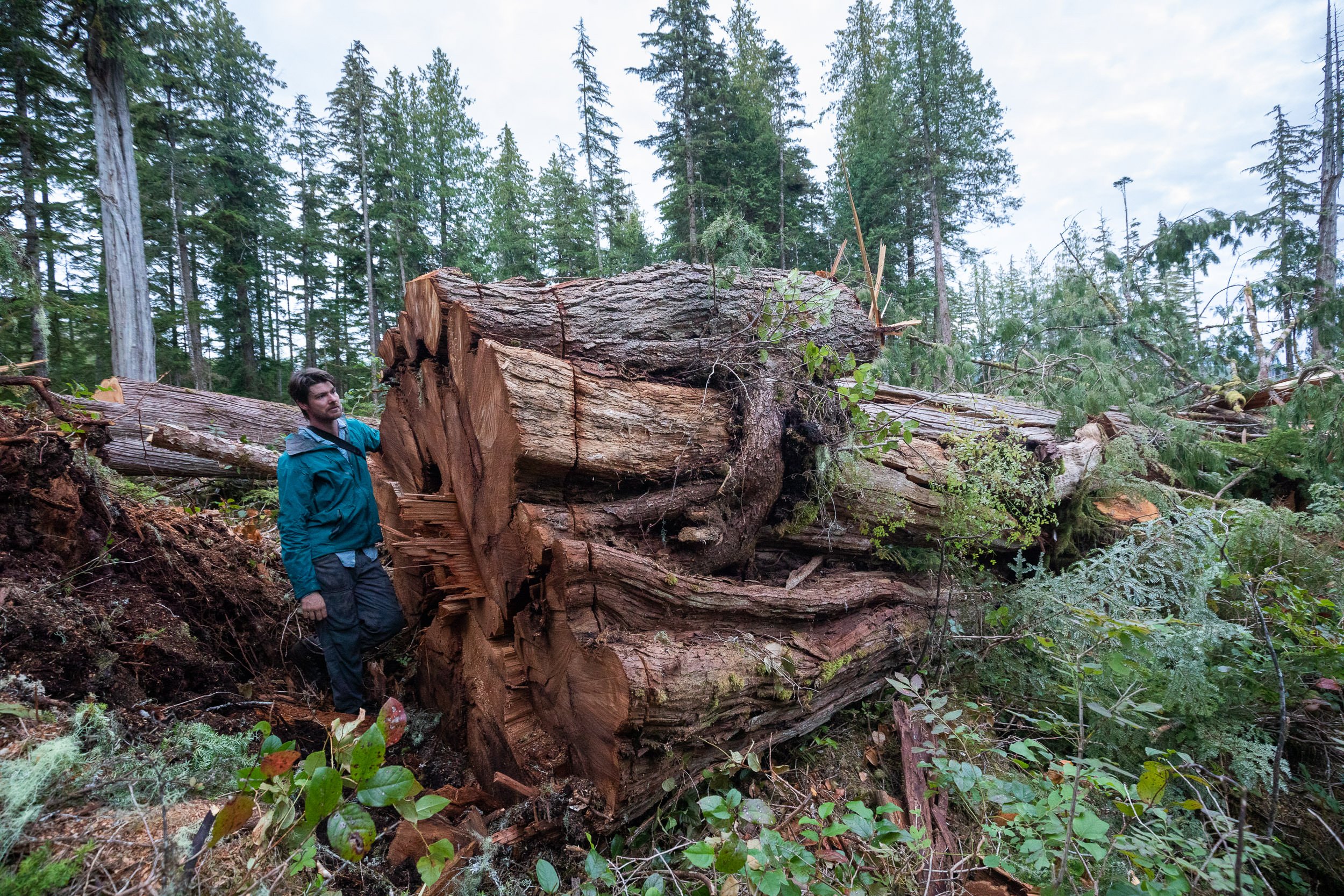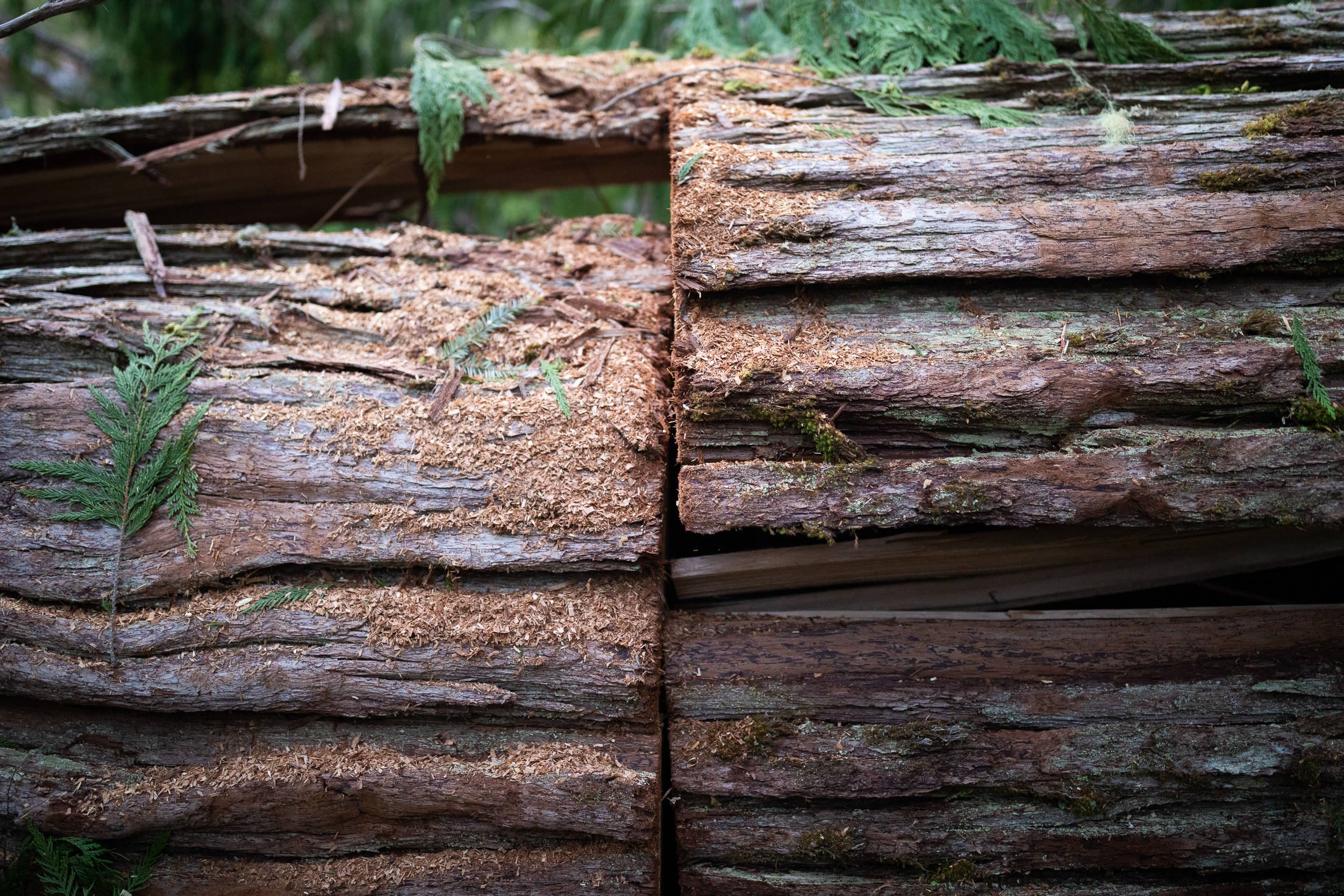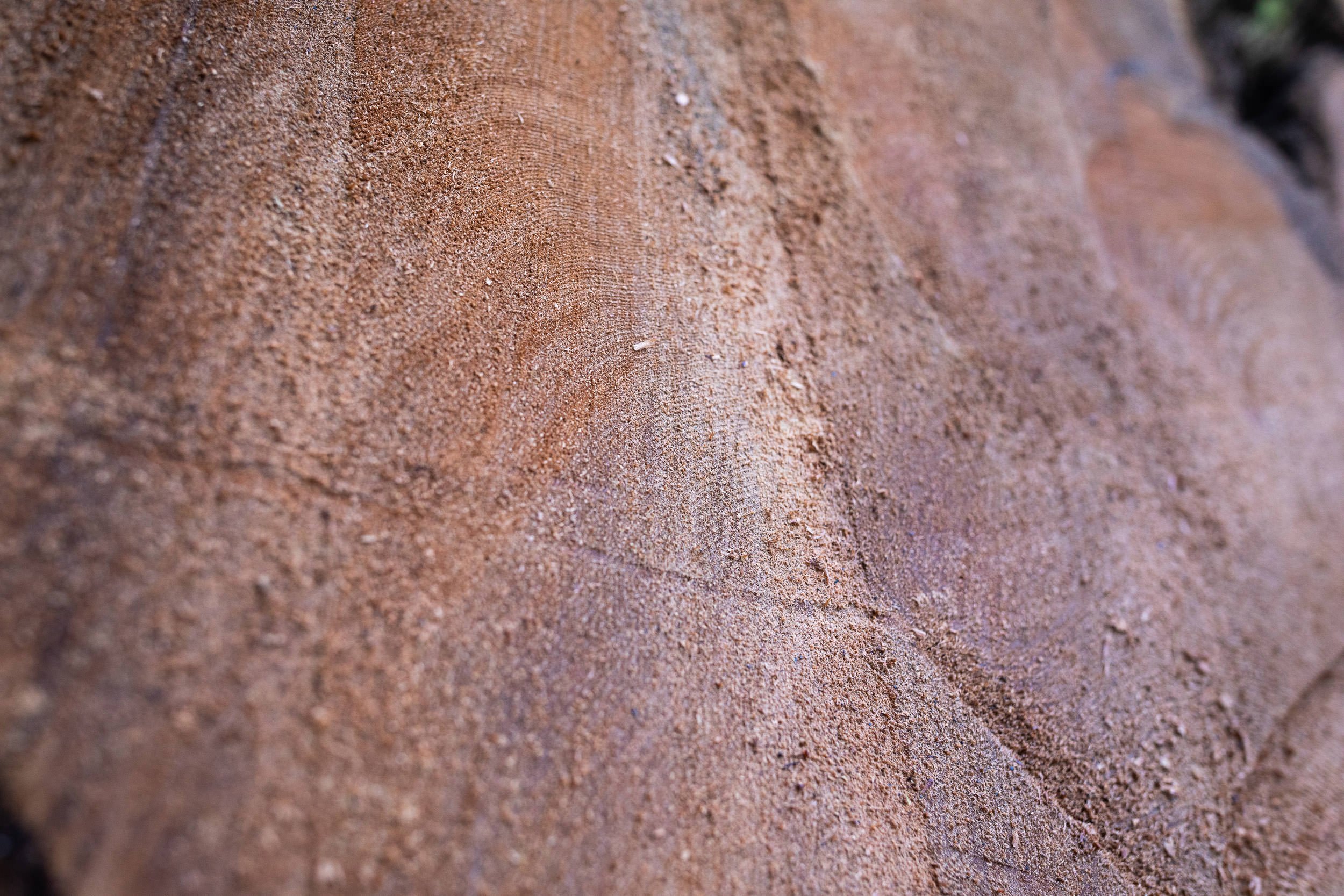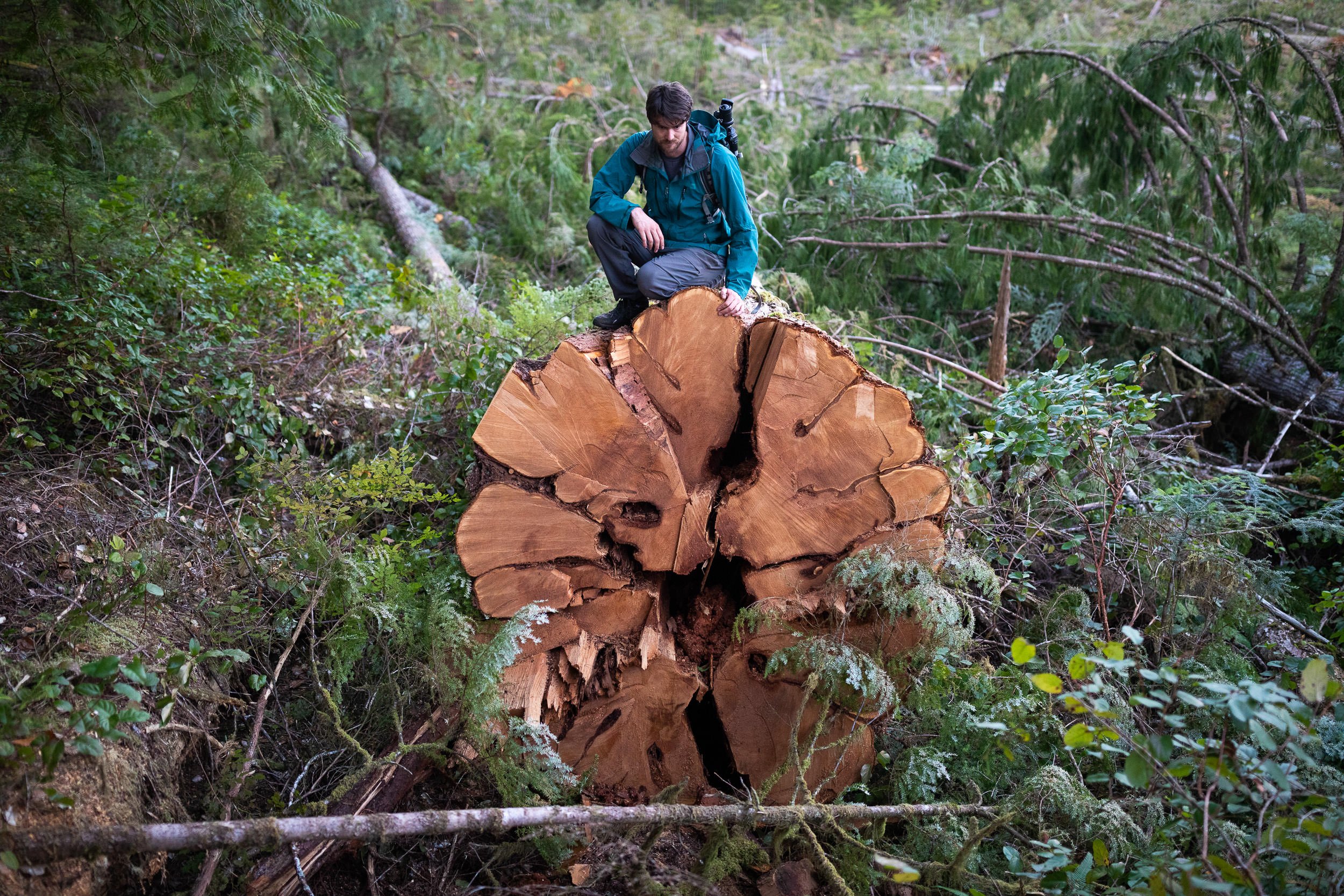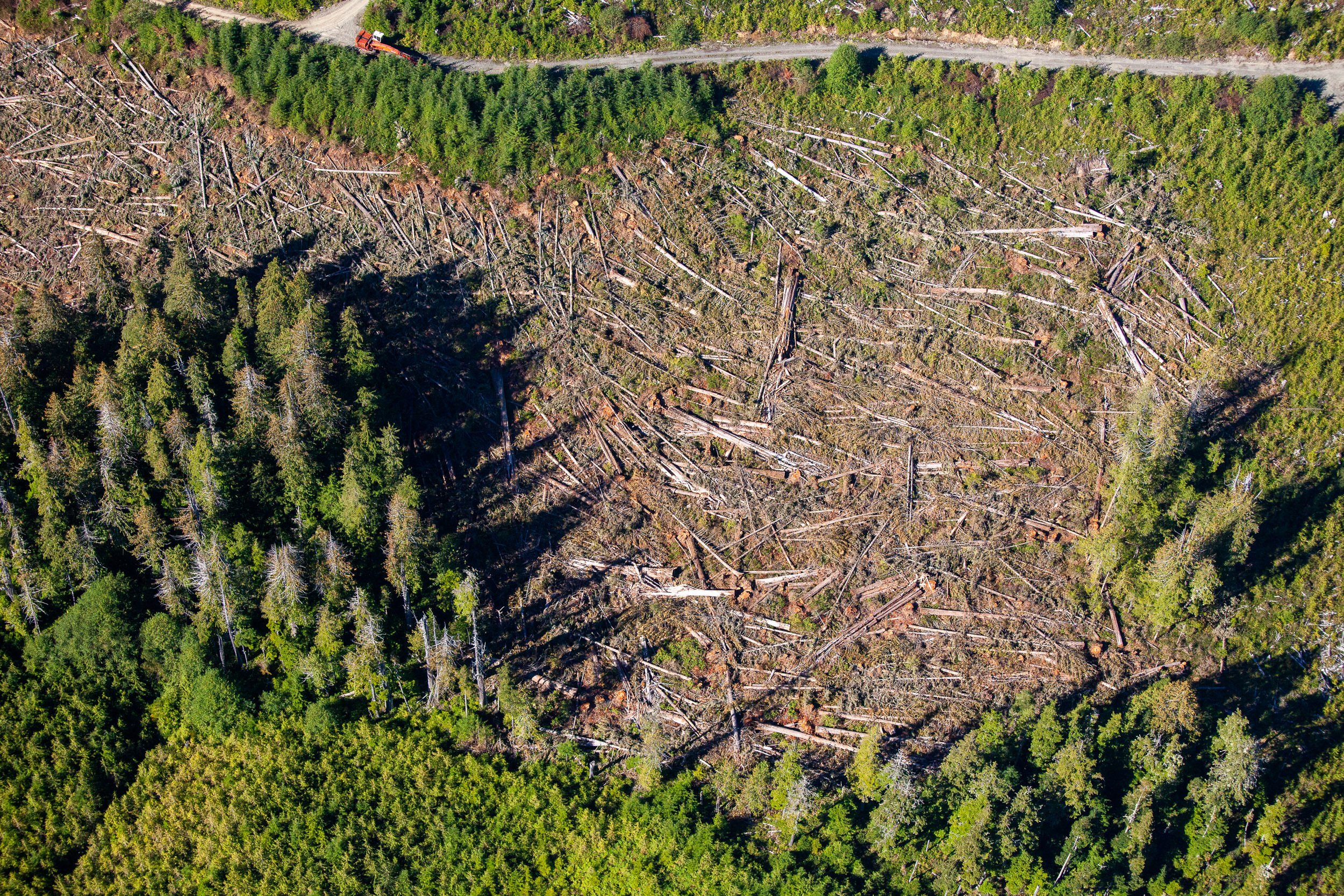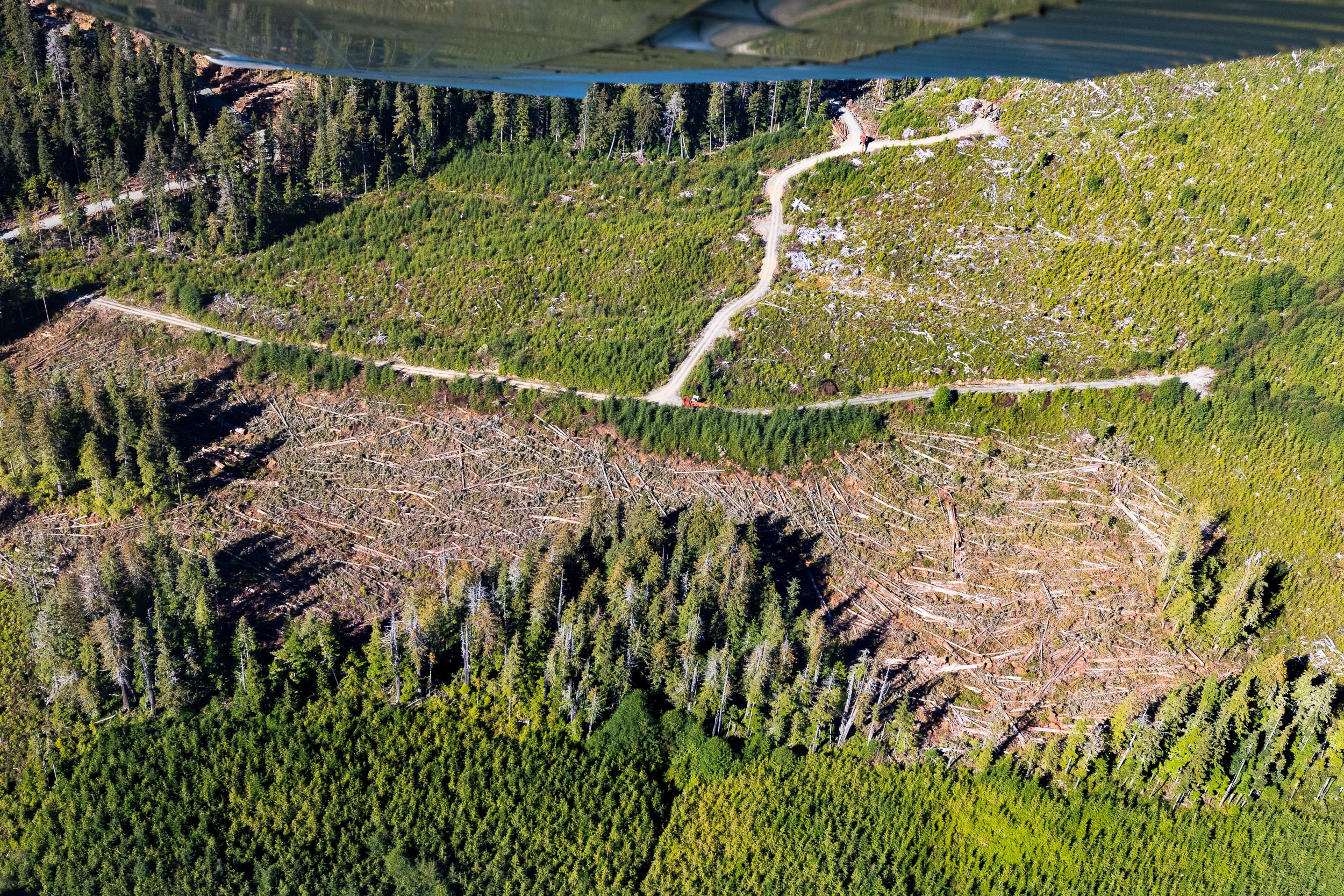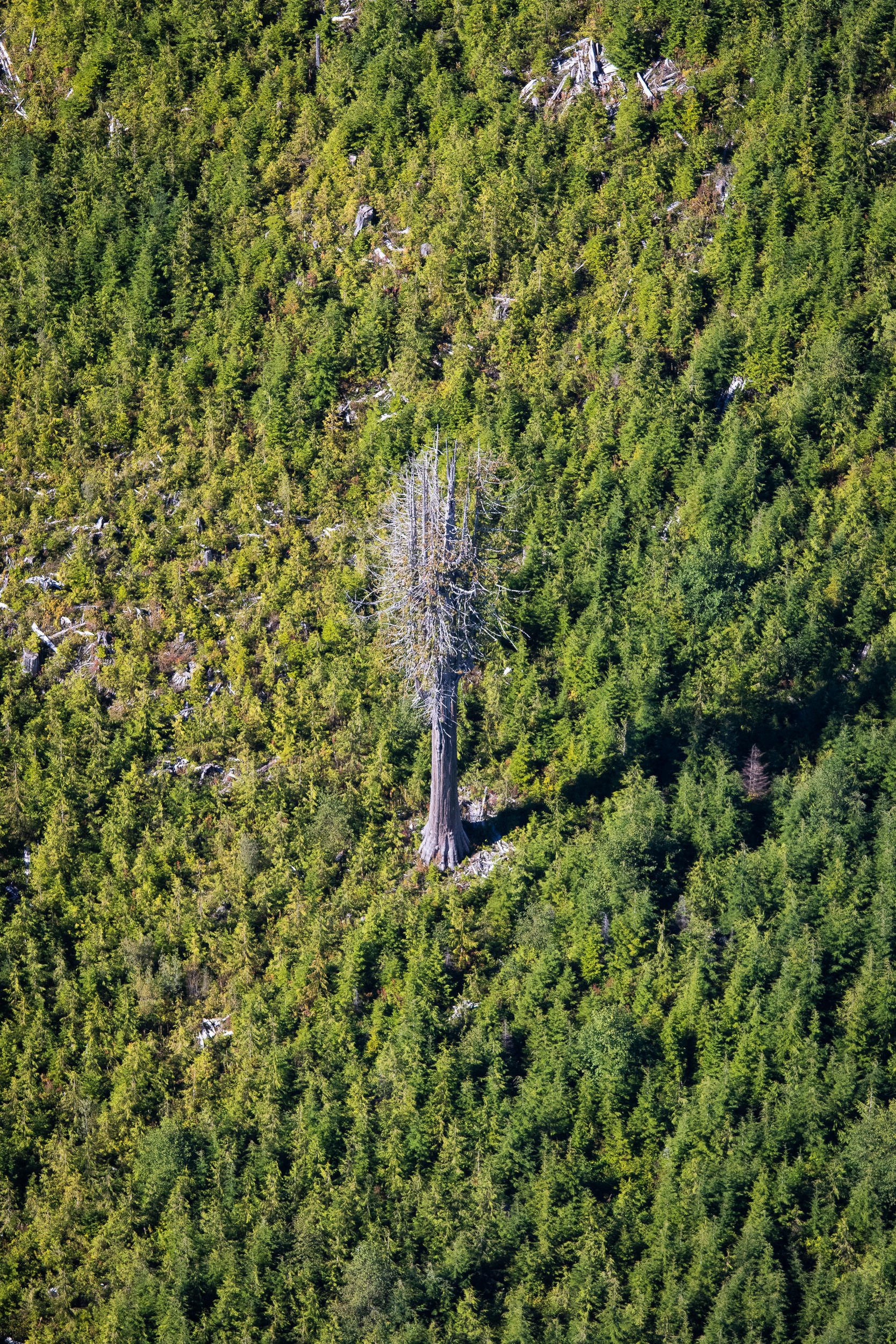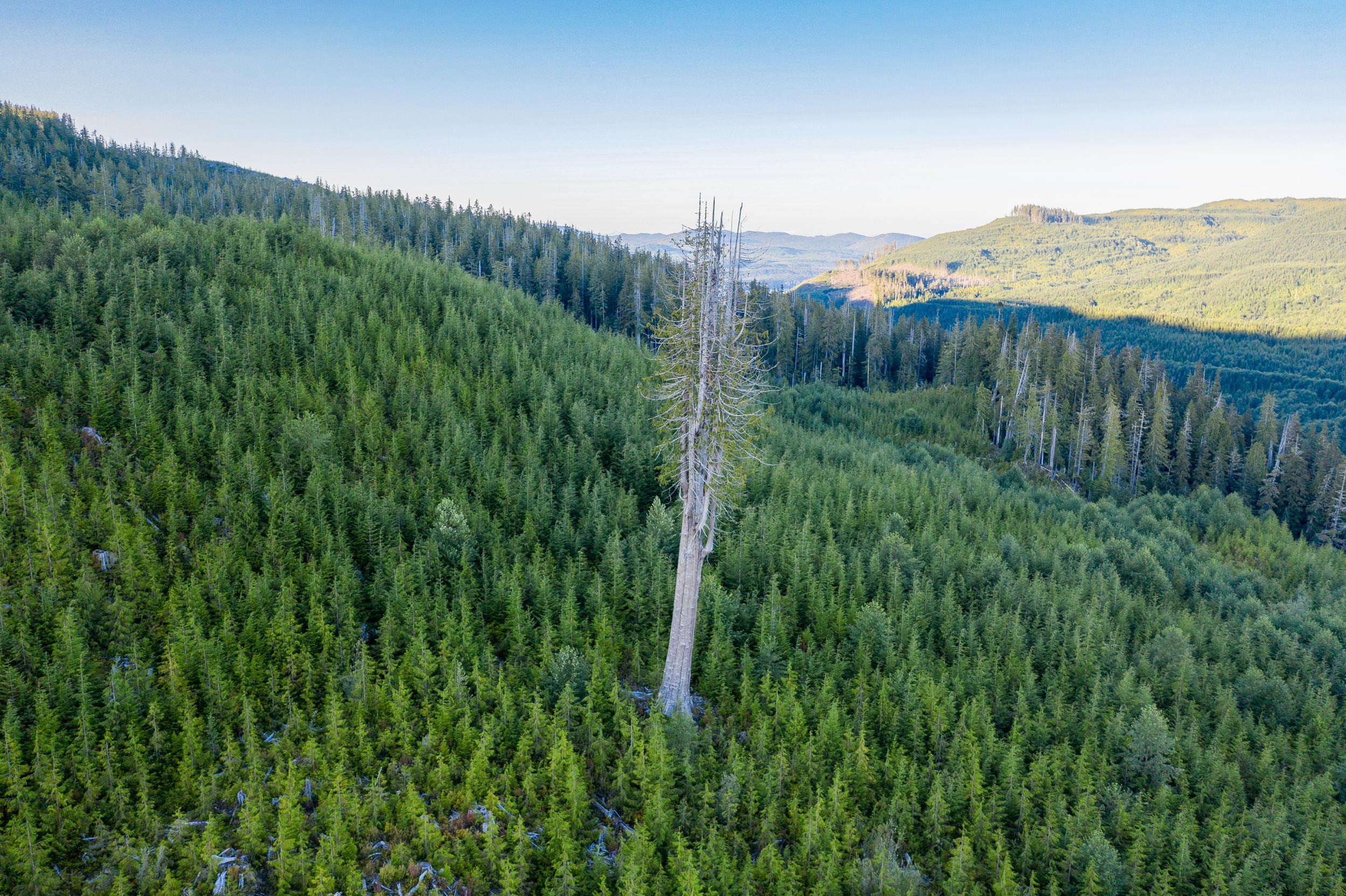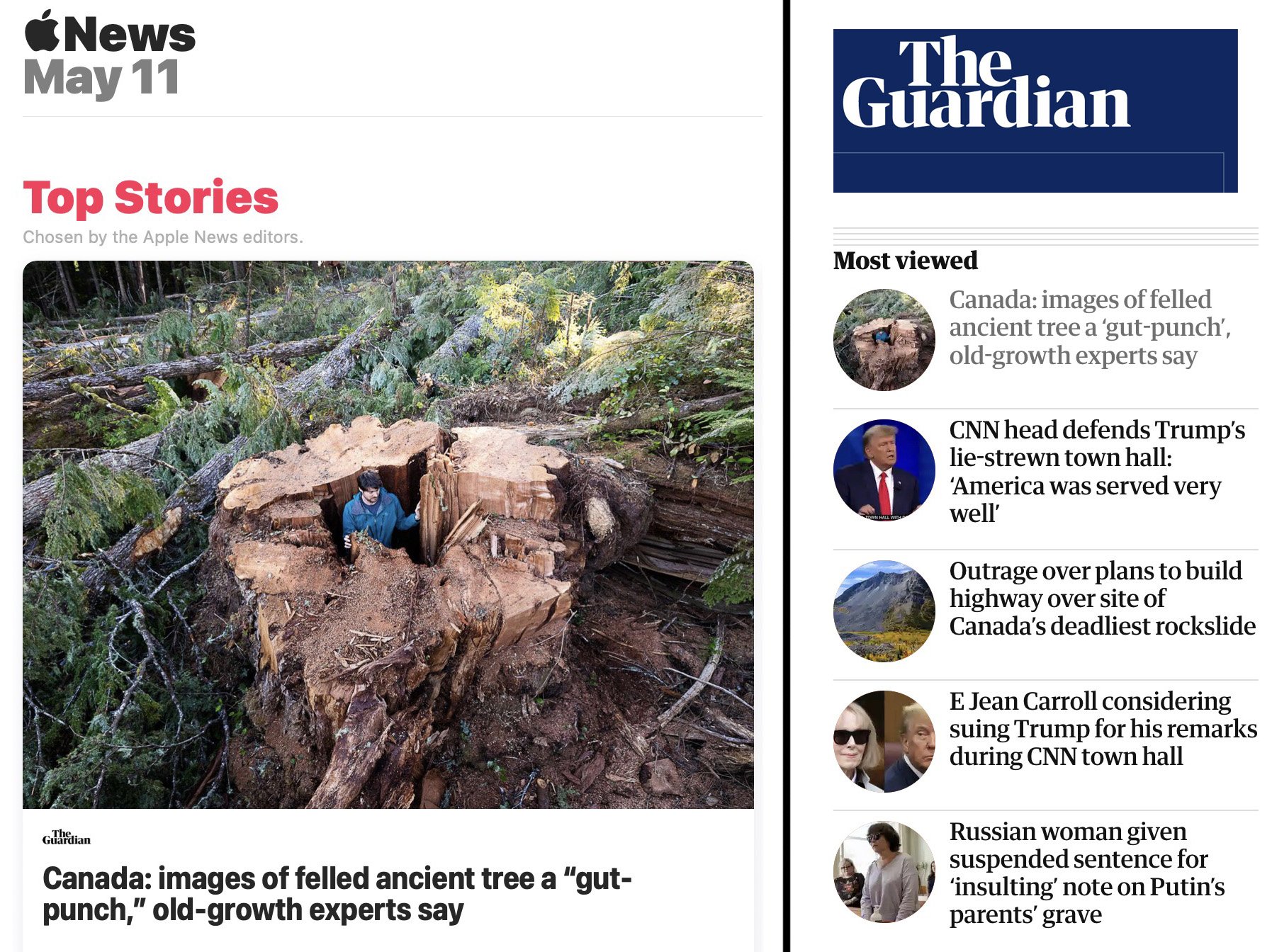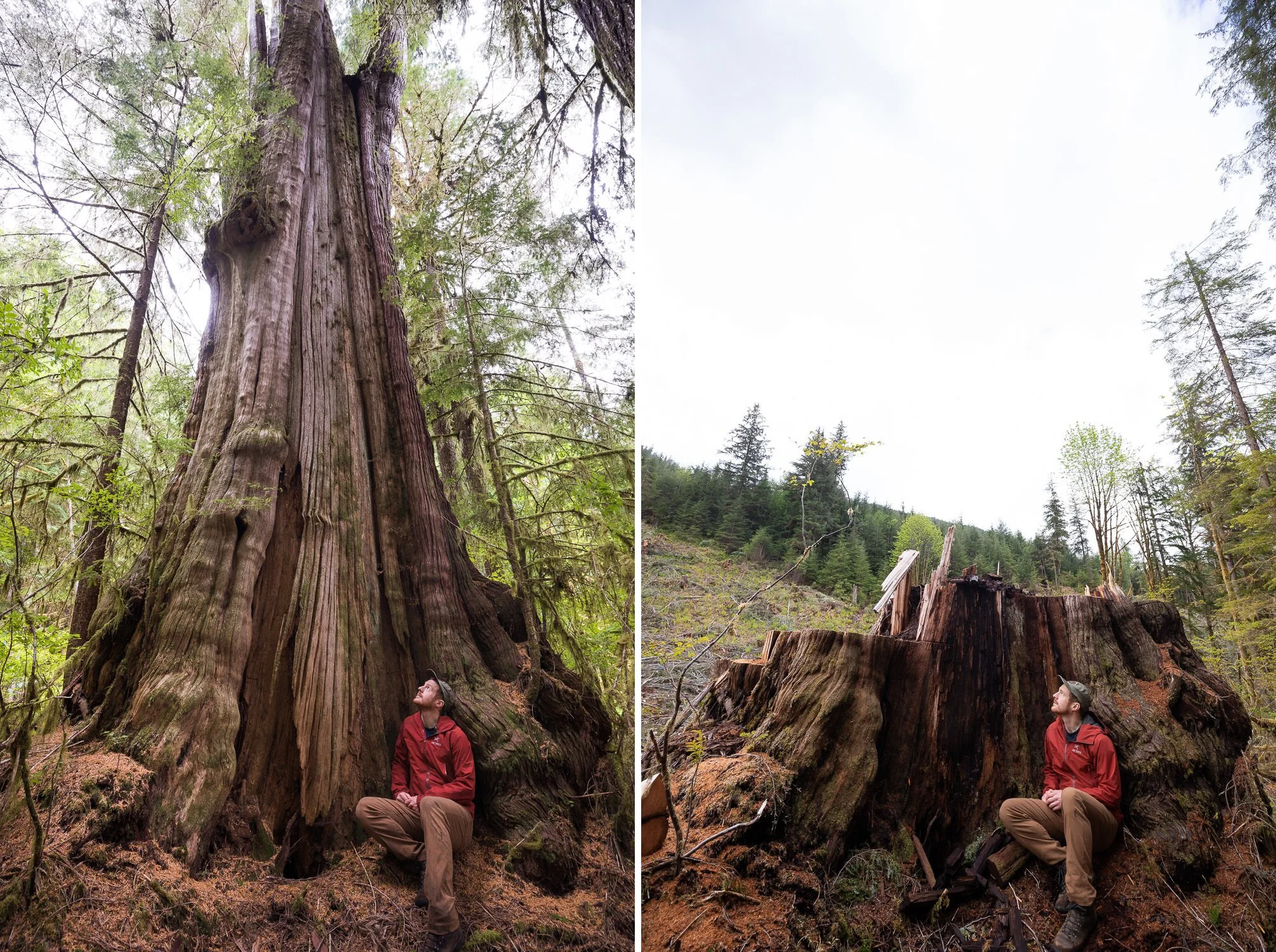I’m excited to share my TEDxVictoria talk, “One Last Shot to Protect Old-Growth Forests in British Columbia.” It is a visual journey through my work as a conservation photographer, big tree hunter, and National Geographic Explorer.
Like the famed TED Talks, TEDx events host speakers who highlight new ideas, challenges, or perspectives, but on a local level. This year’s theme was "It's up to us.”
I’ve done many talks over the years, but none made me as nervous as this one. How do you convey a topic as complex as old-growth forests and your life's mission to protect them in just 15 minutes? It's a lot of pressure – especially on a stage in front of 700 people! The opportunity to share my message, photos, and story with such a large audience, including the global reach that TEDx offers (40 million+ subscribers!), was too important to pass up on, though.
I’ve dedicated the past 15 years with Ancient Forest Alliance to exploring and documenting endangered old-growth forests in BC to help see them saved. From uncovering groves of ancient giants to trudging up steep mountainsides or slogging through soaked clearcuts, it's been a beautiful and, many times, heartbreaking journey.
It was an honour to share this story on the TEDxVictoria stage. I hope you enjoy it. If you do, please help expand its reach by sharing it with friends and family to help raise further awareness. Here’s the link: https://www.youtube.com/watch?v=enF8Zf4EPNg
Congrats to the other terrific speakers, and thanks to the event organizers for including me, plus everyone's encouragement along the way!
Photos: Lillie Louise Photography














